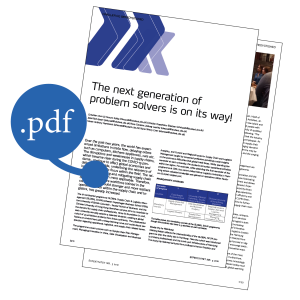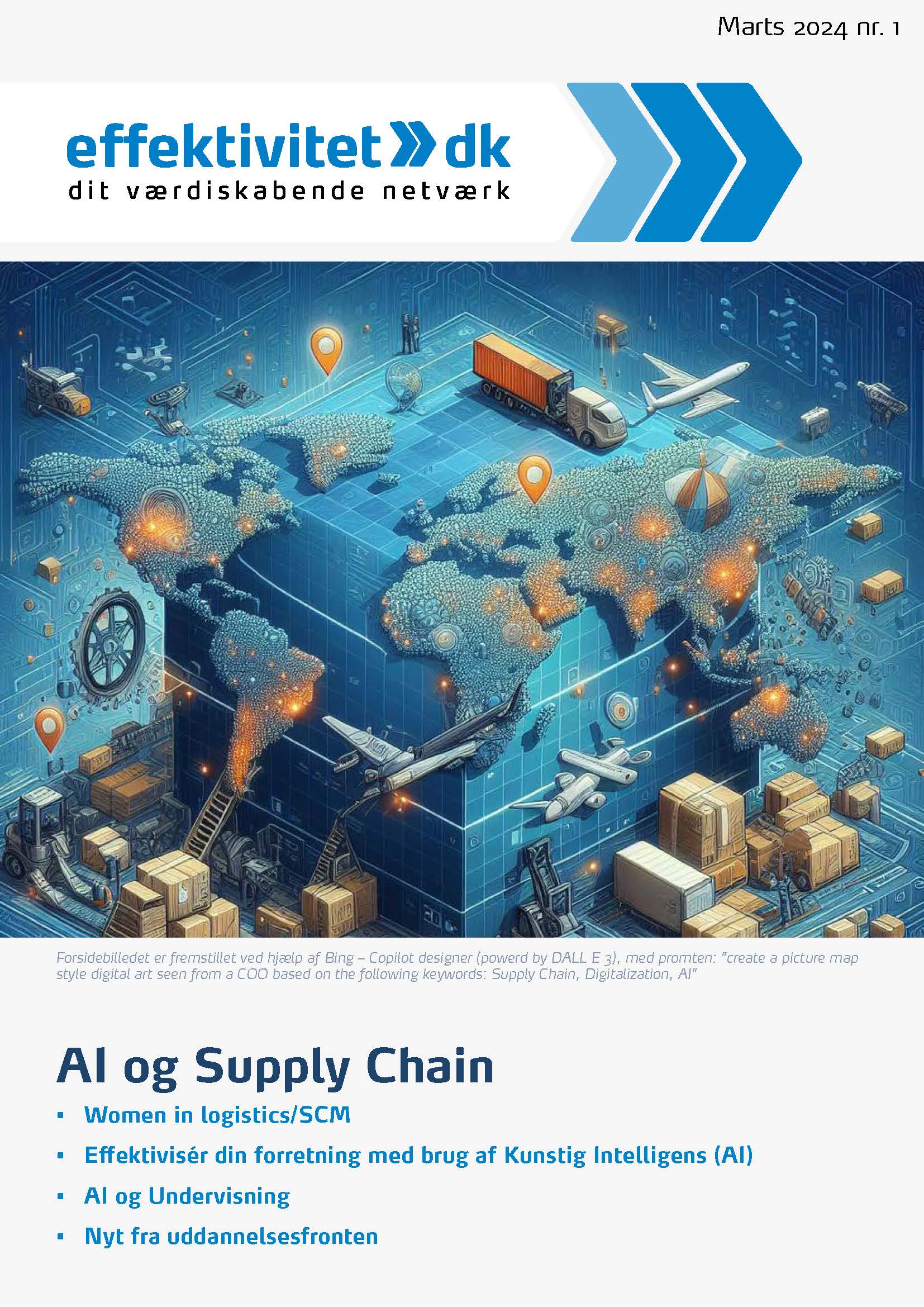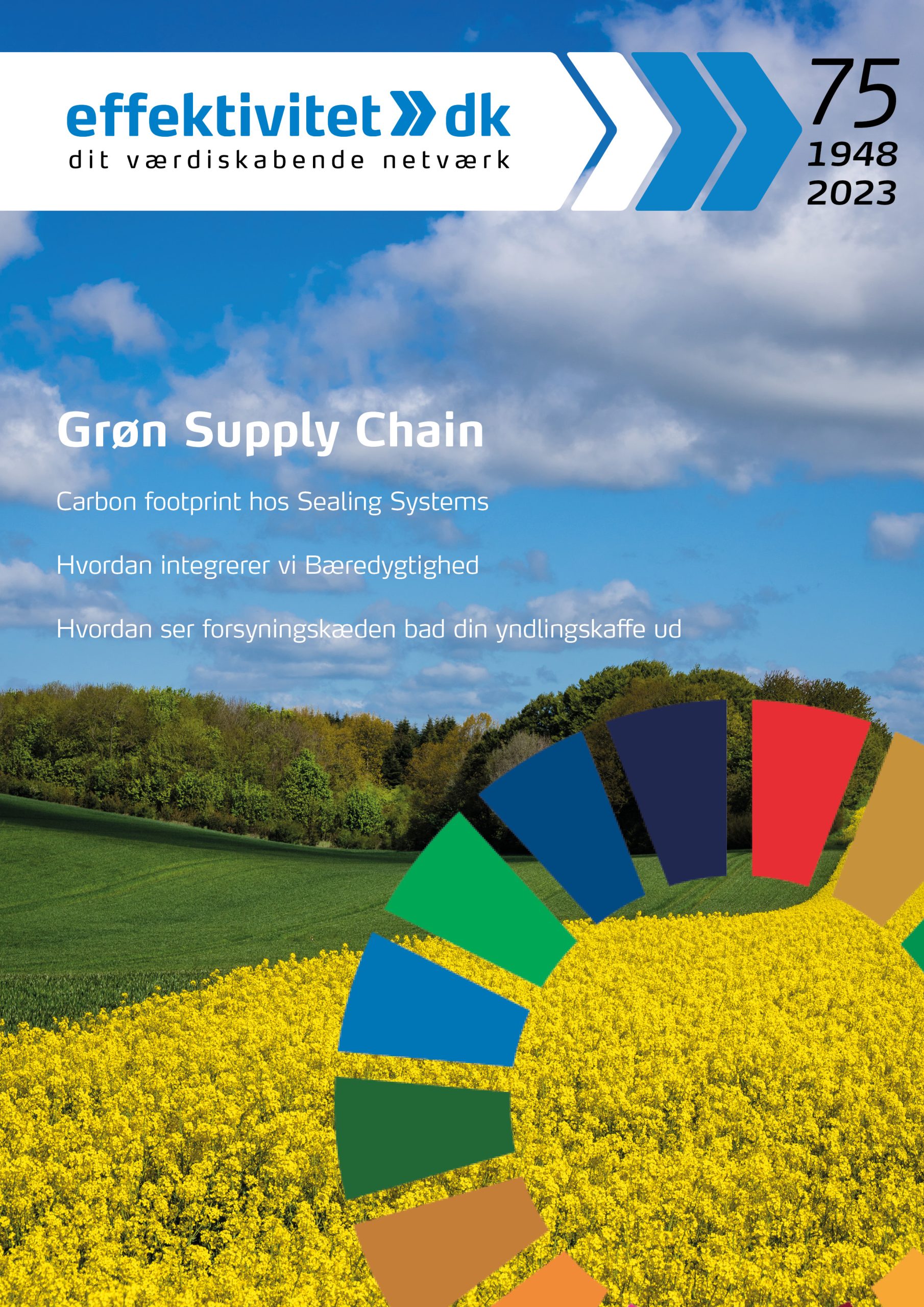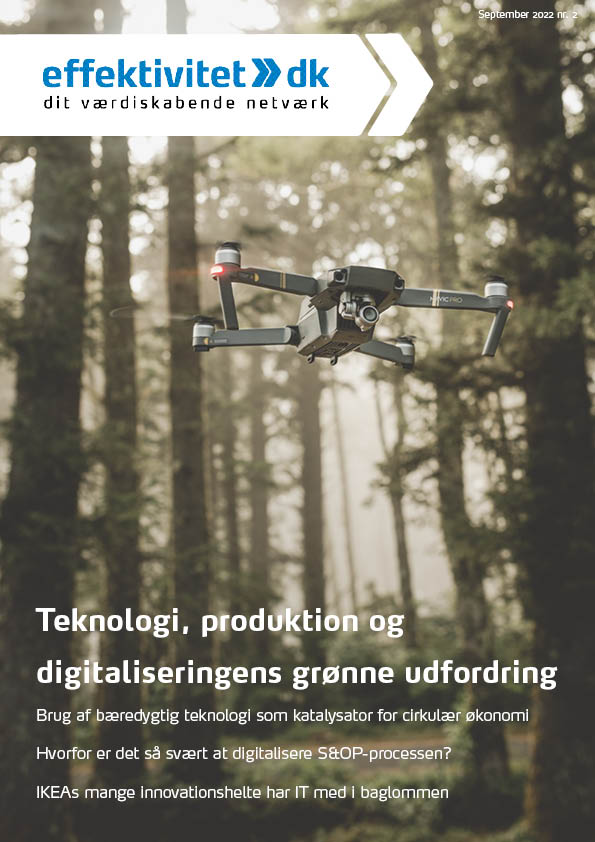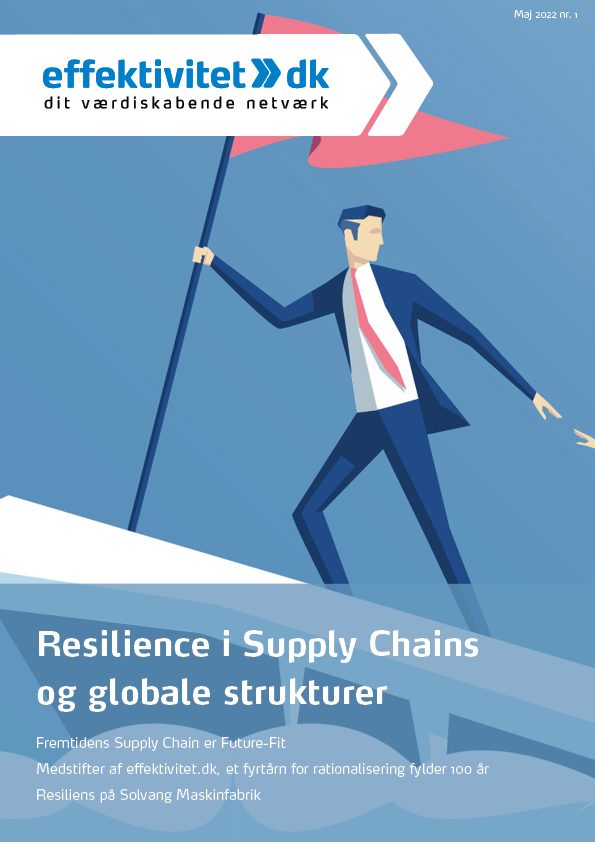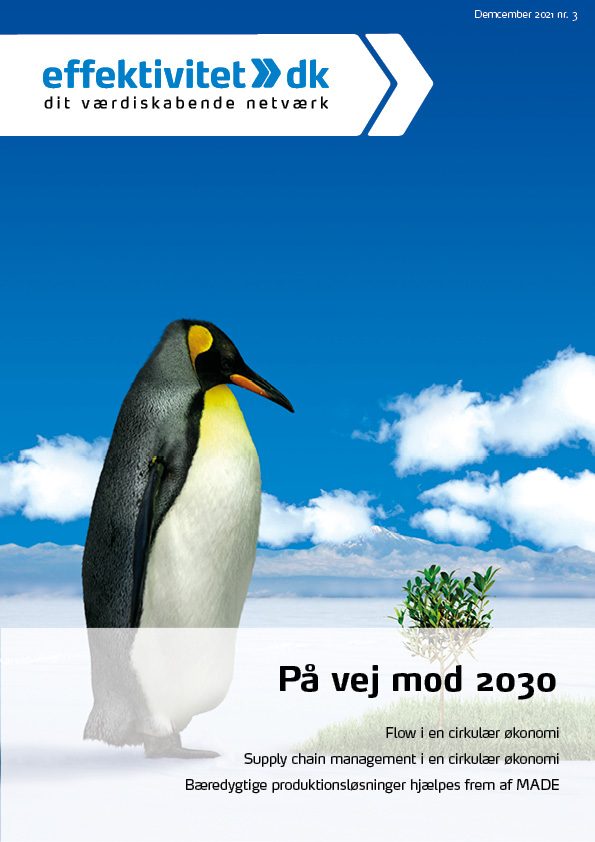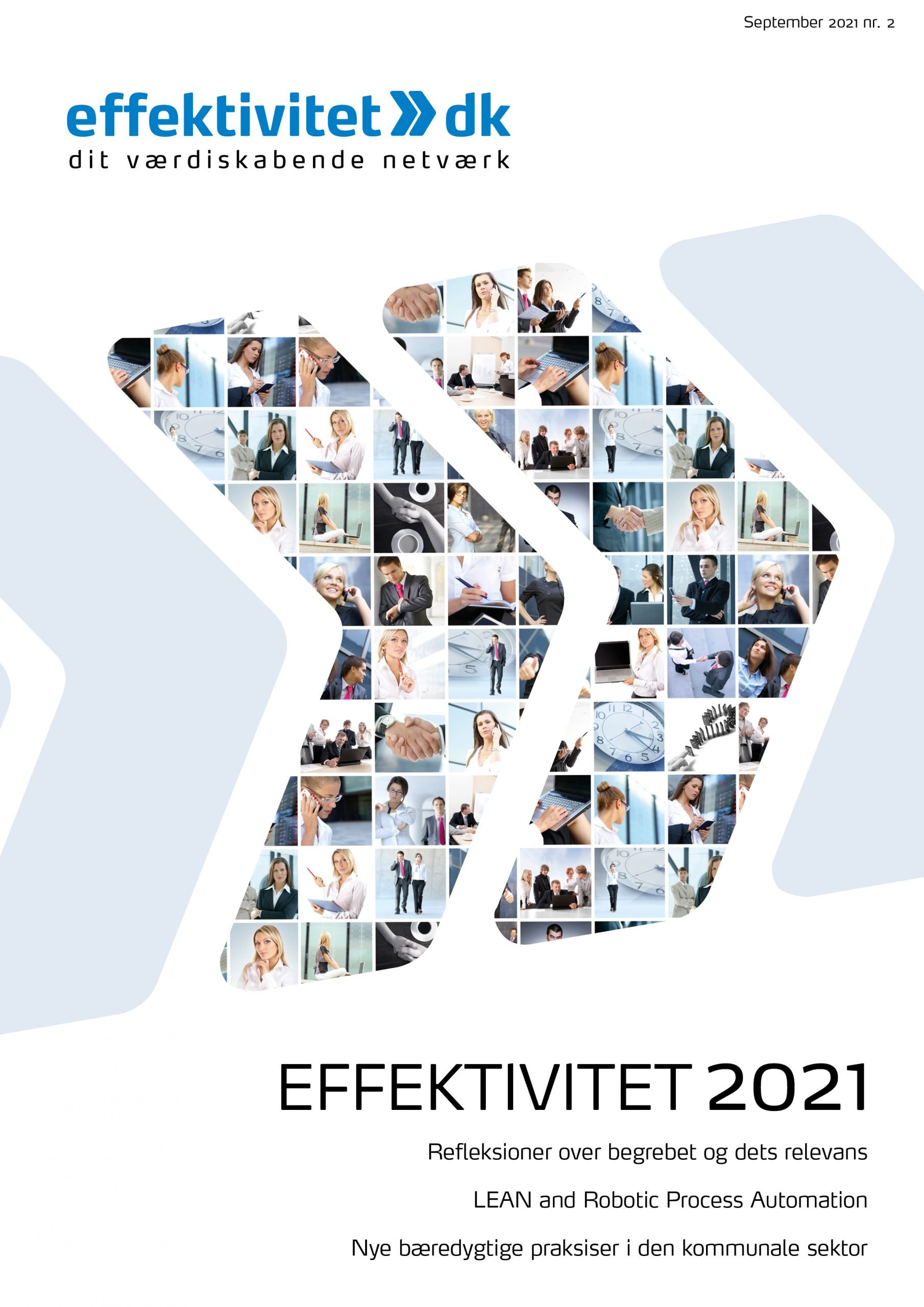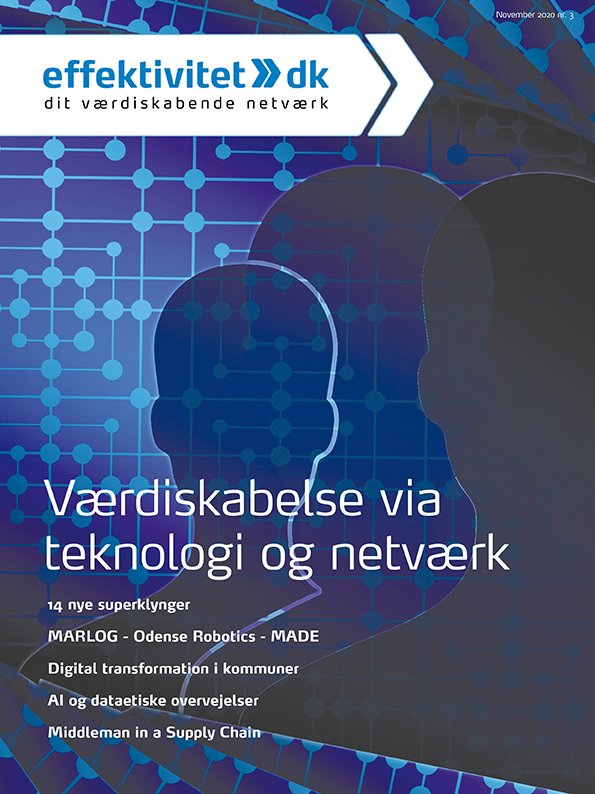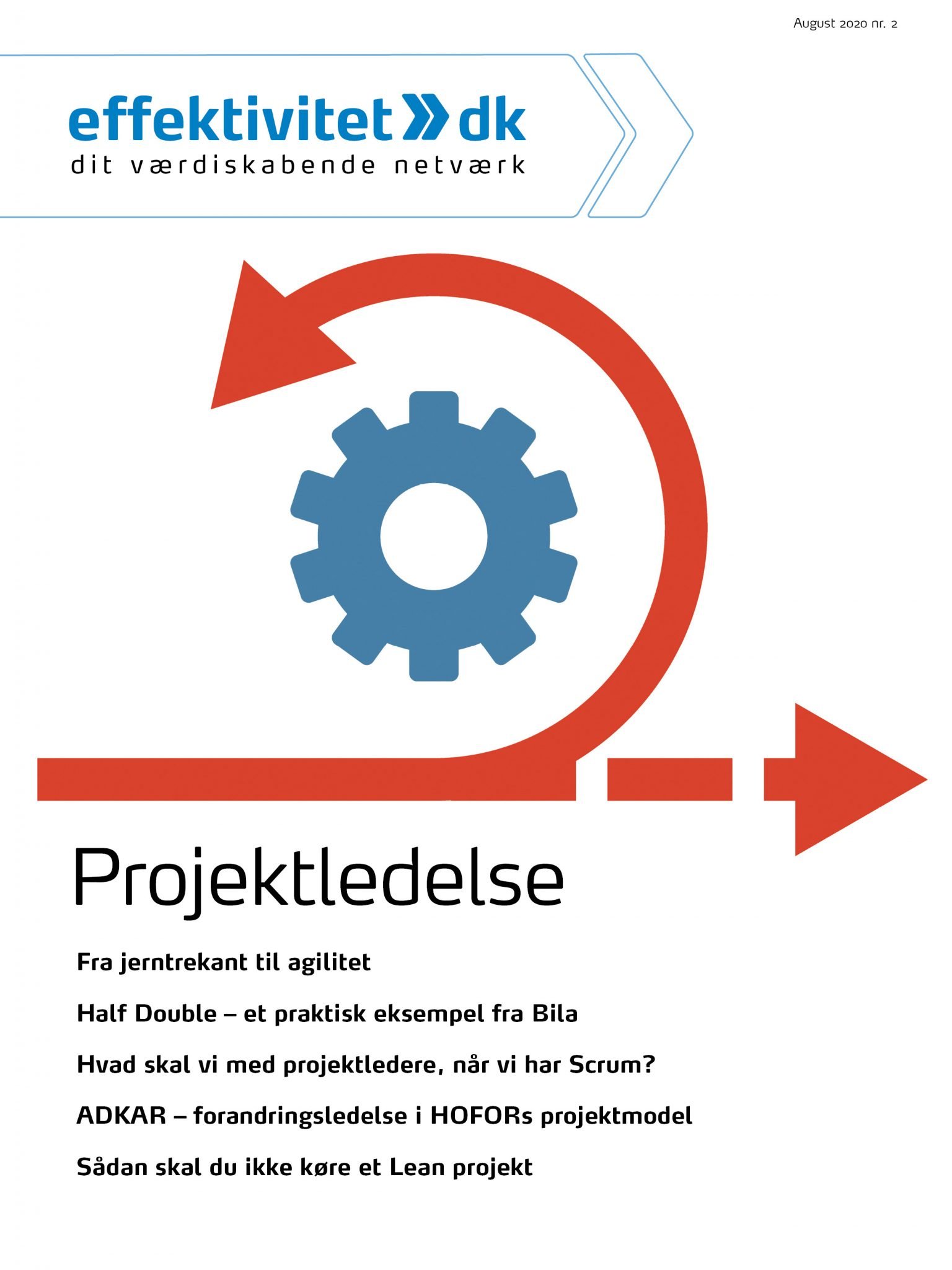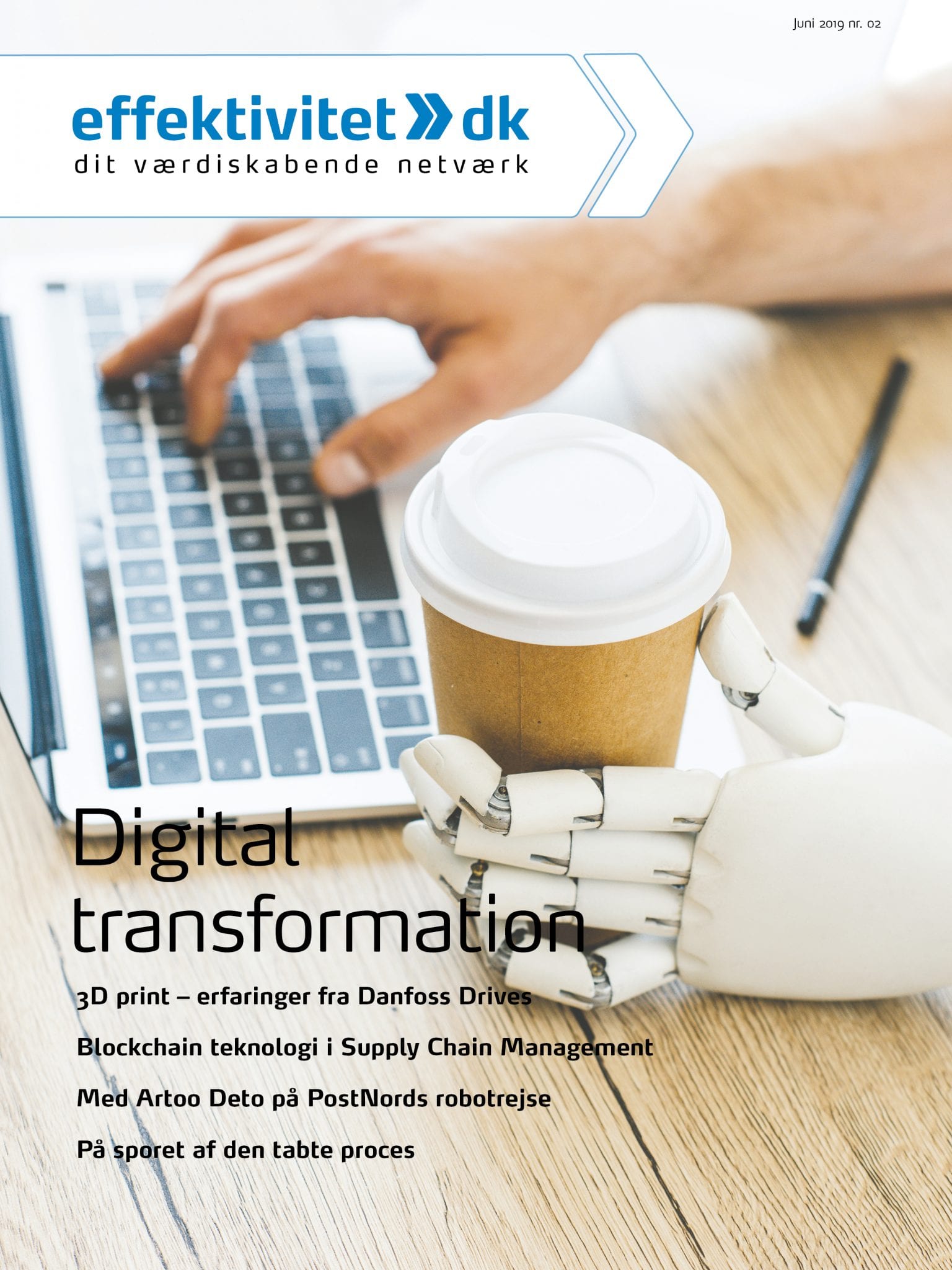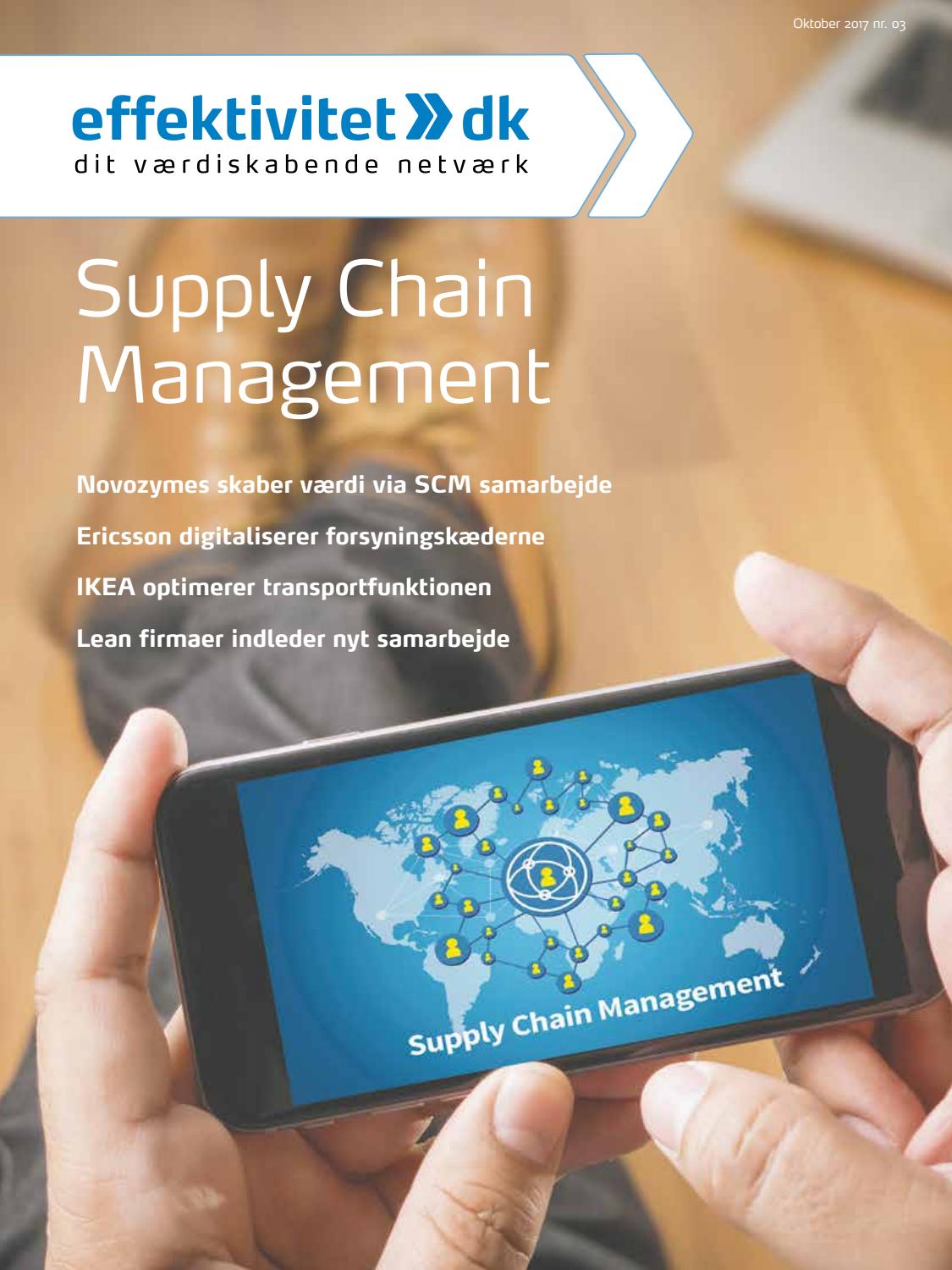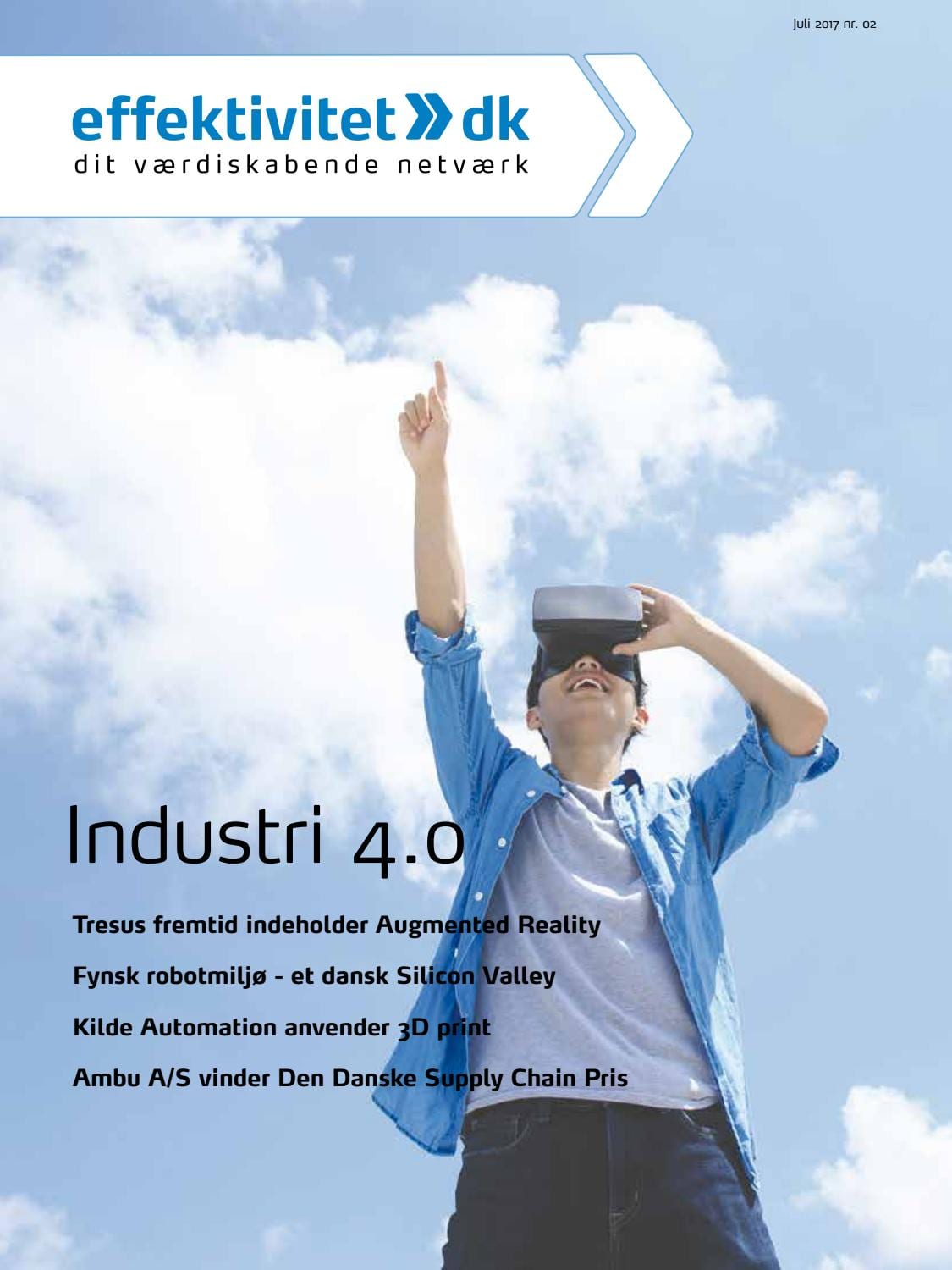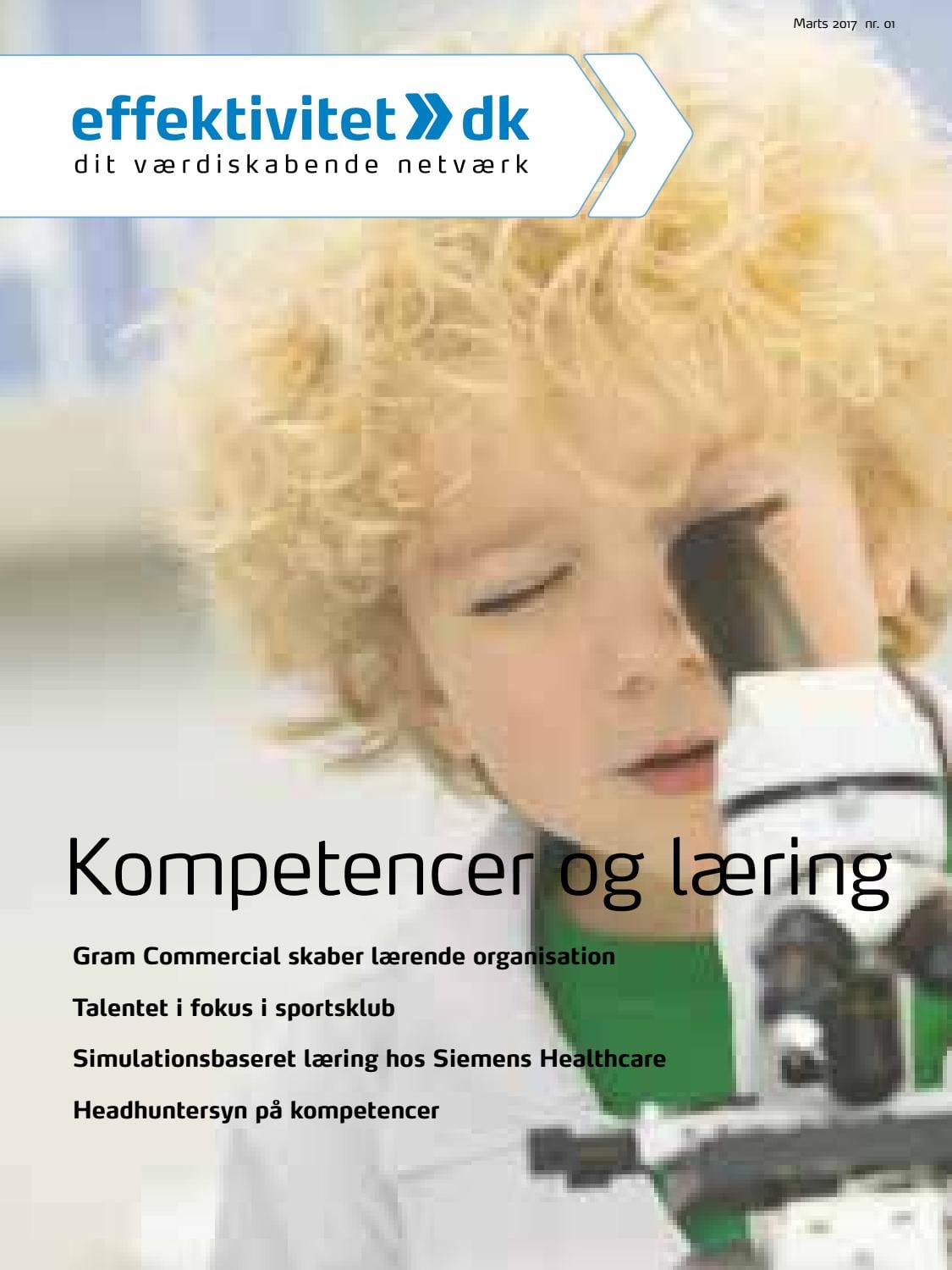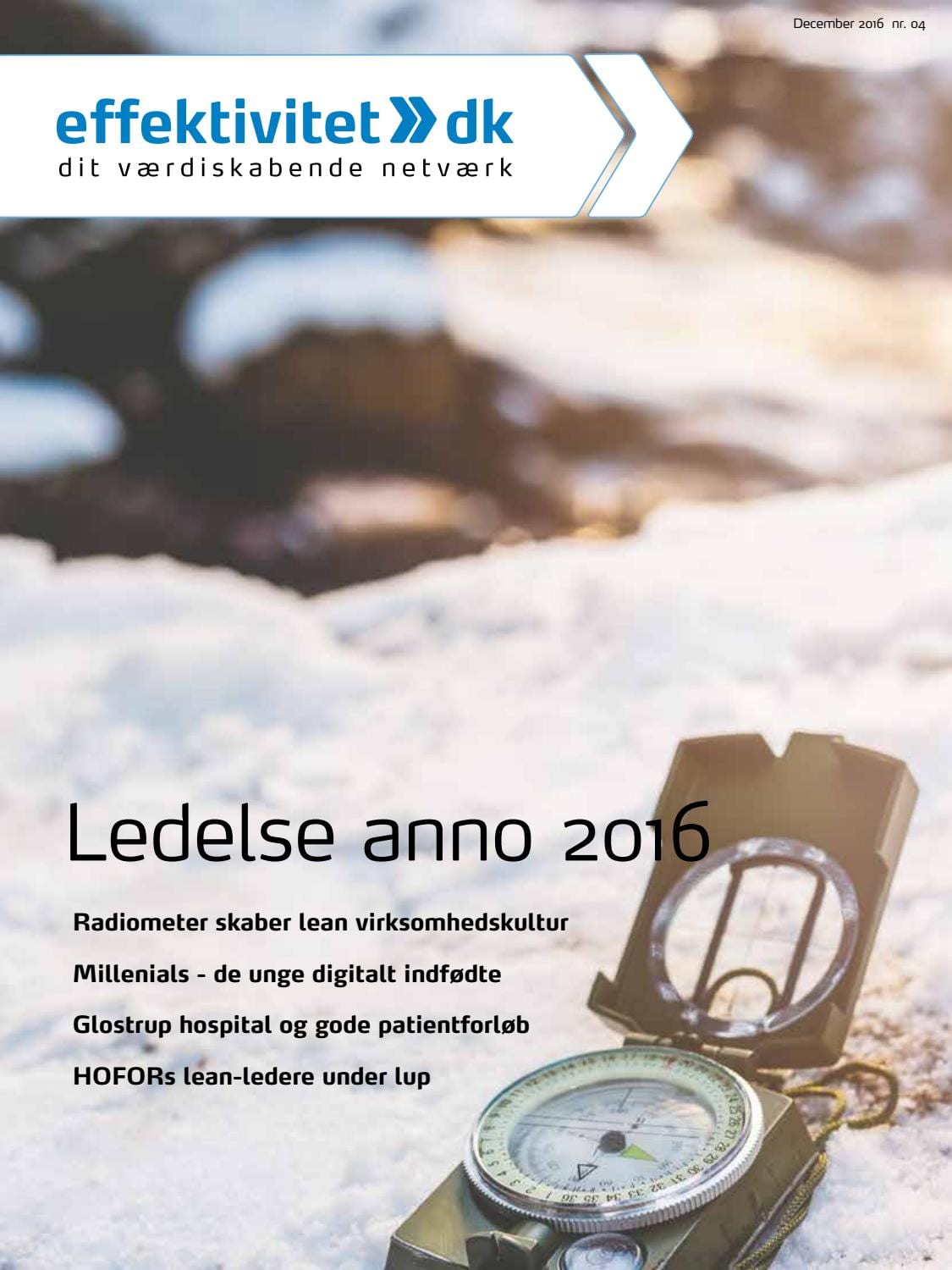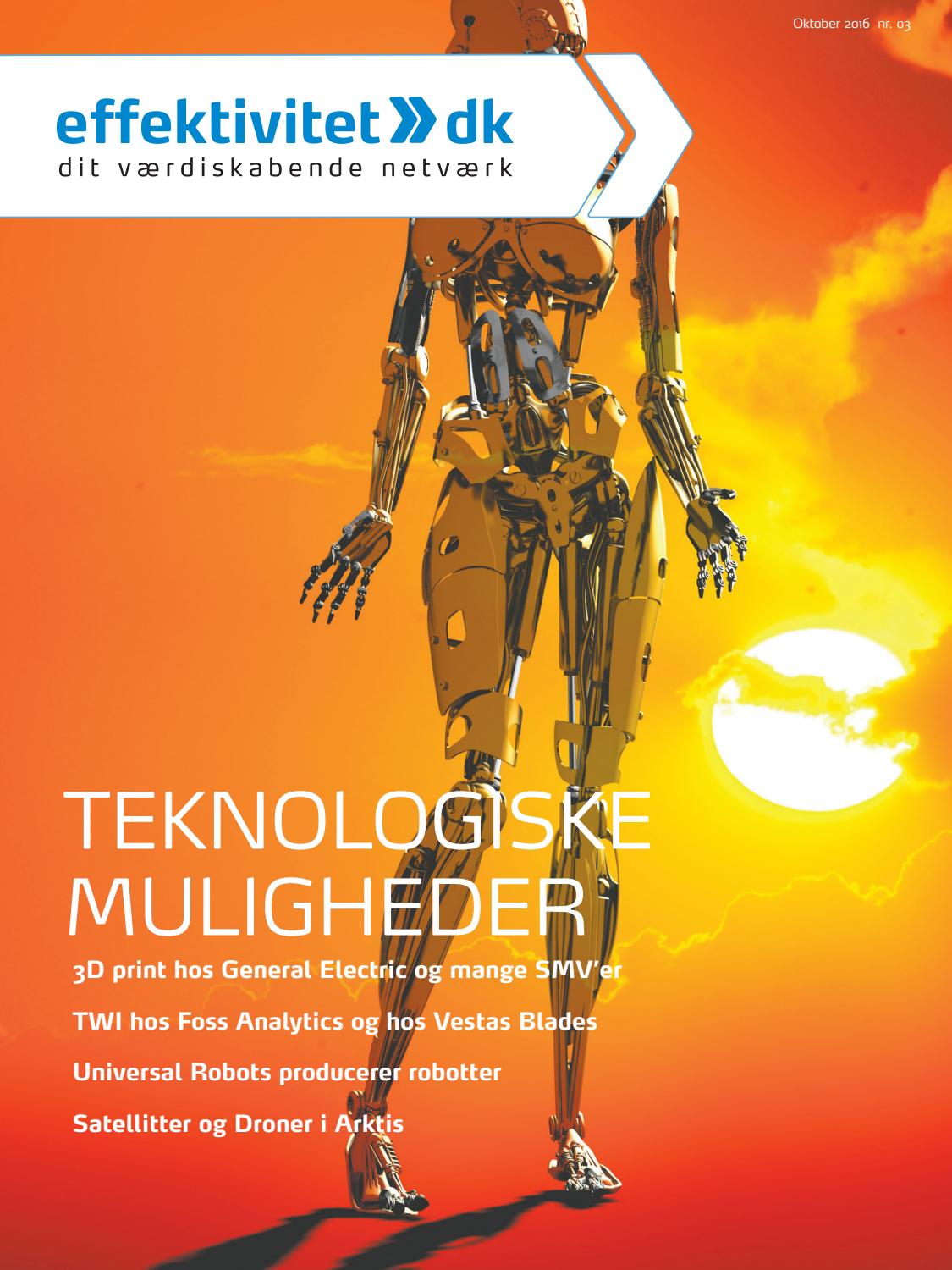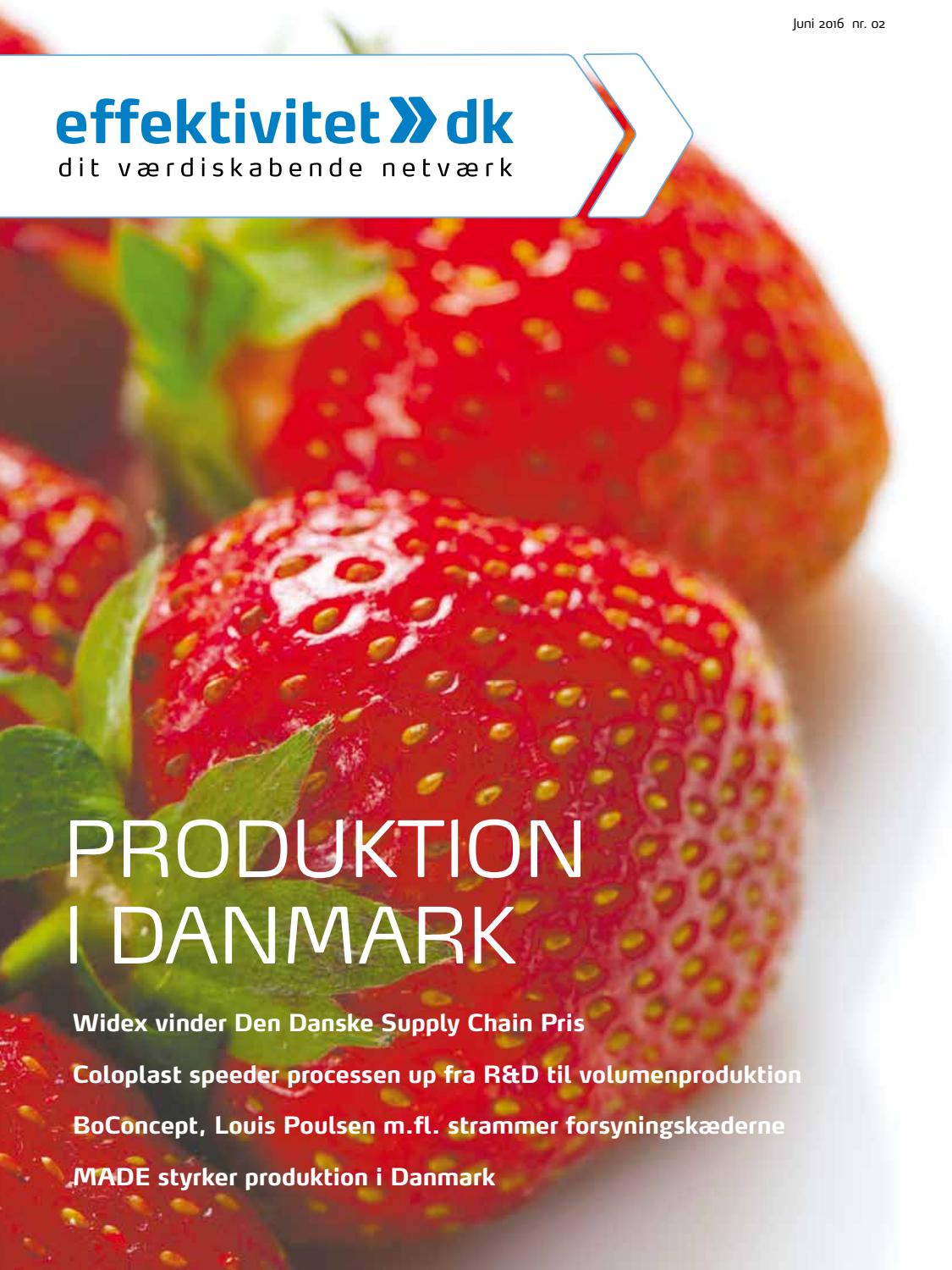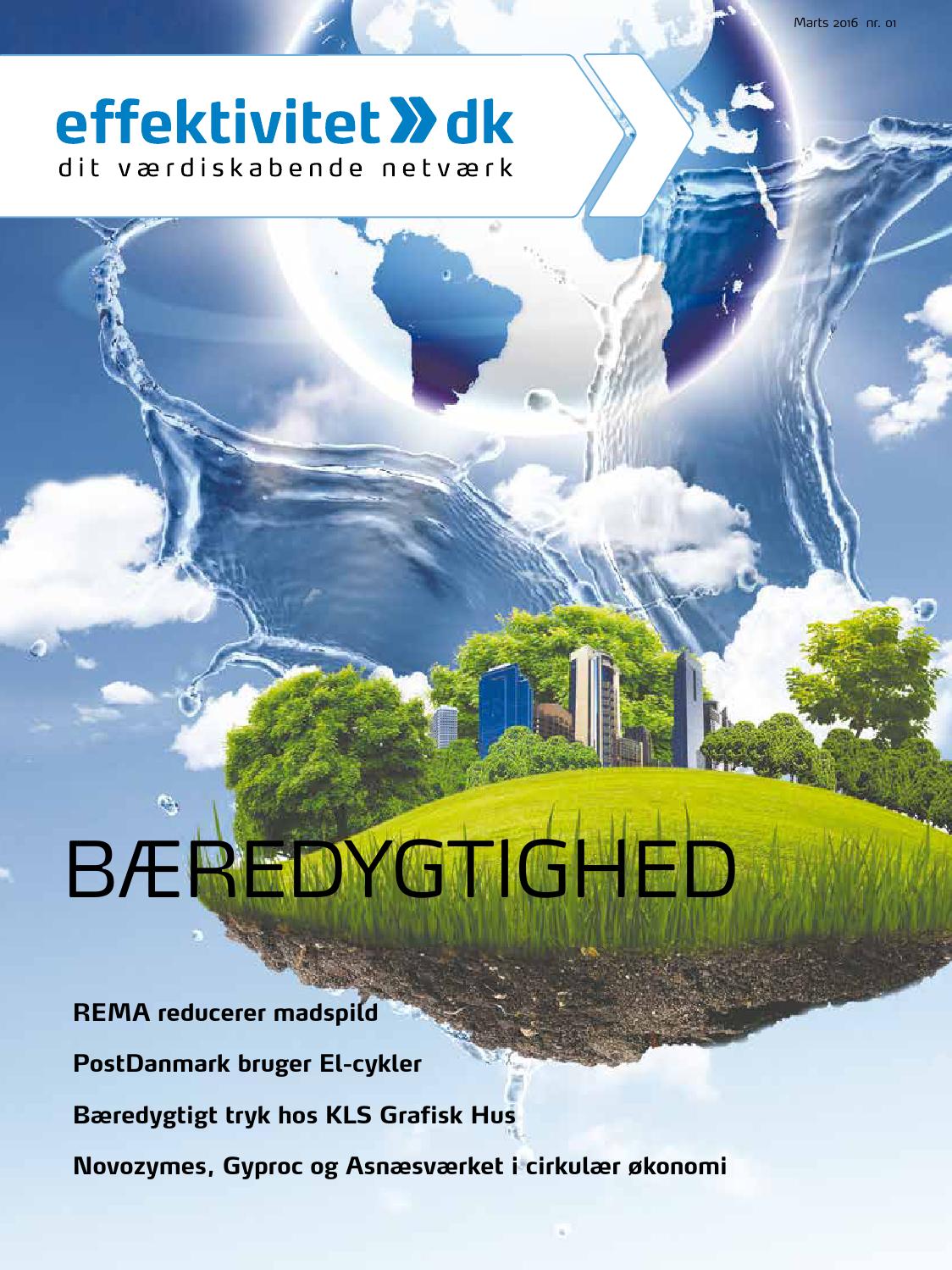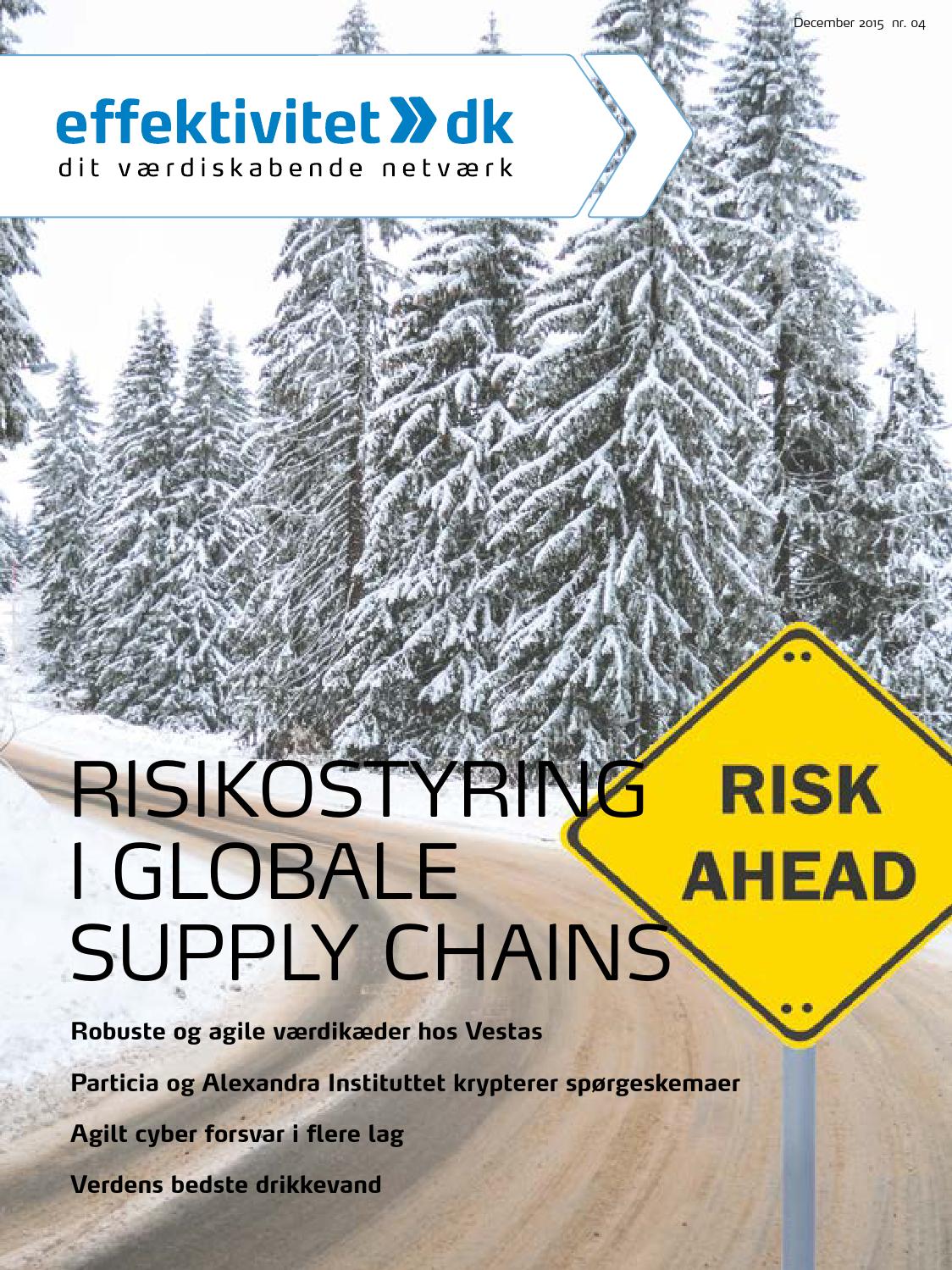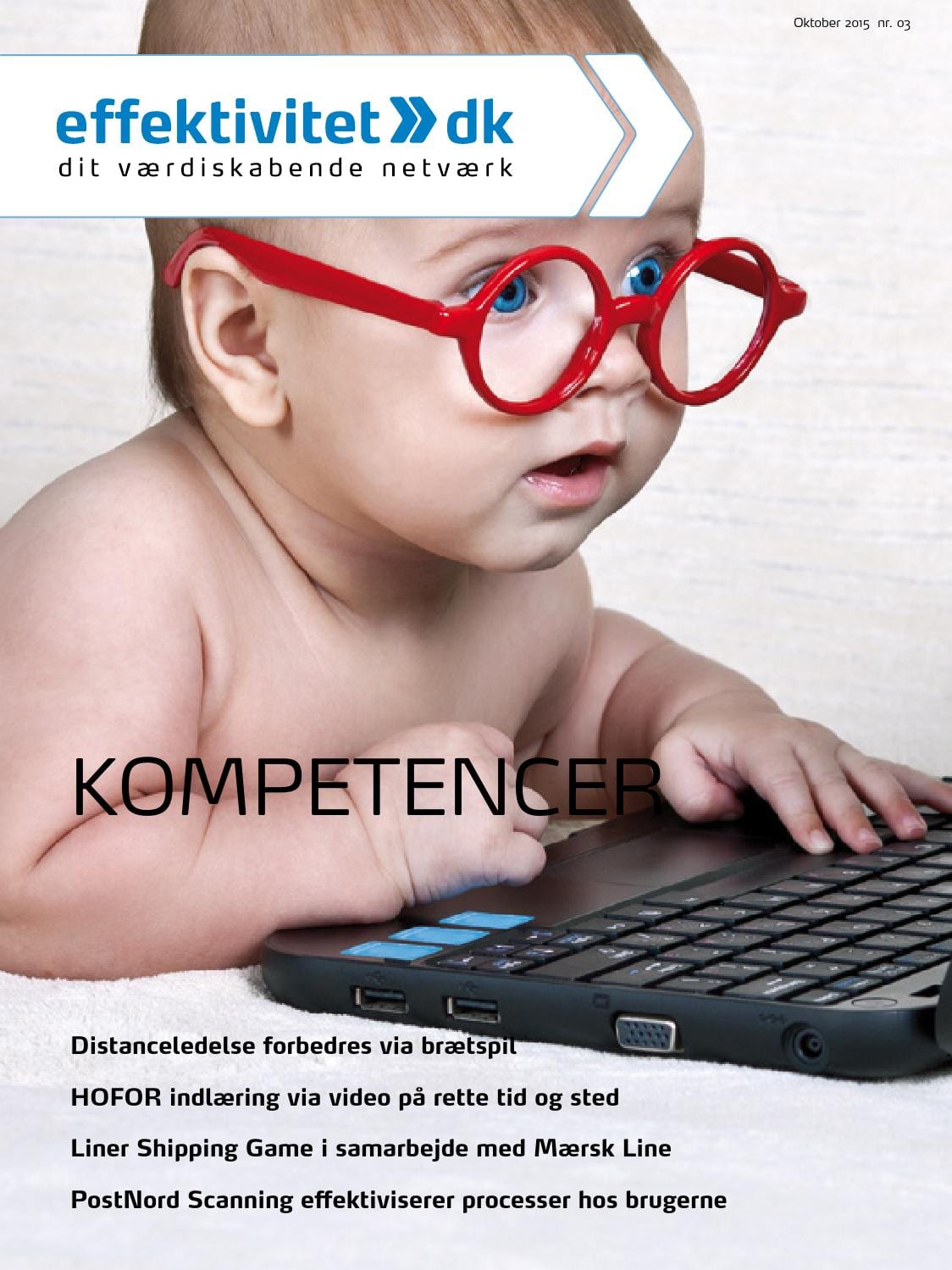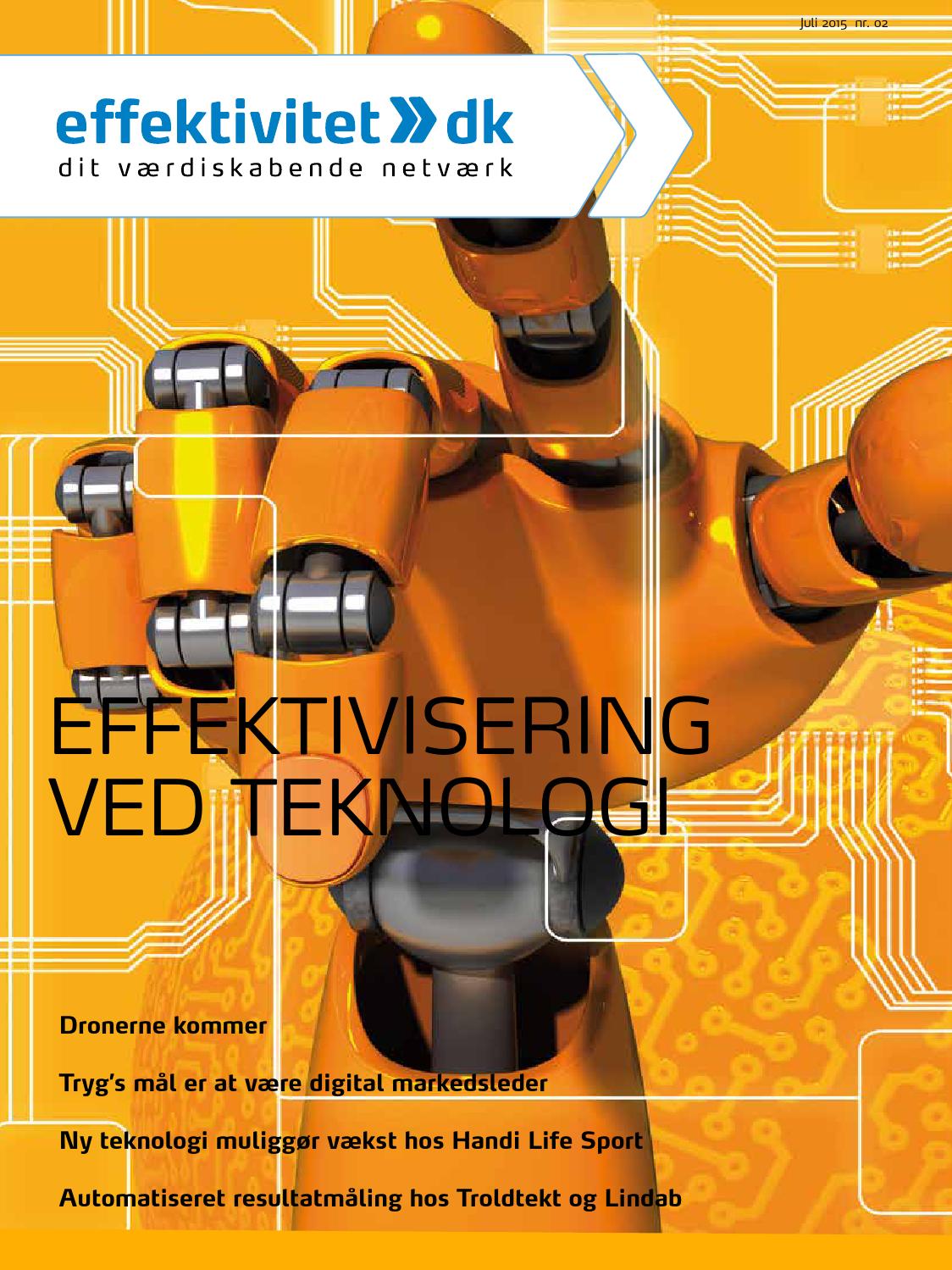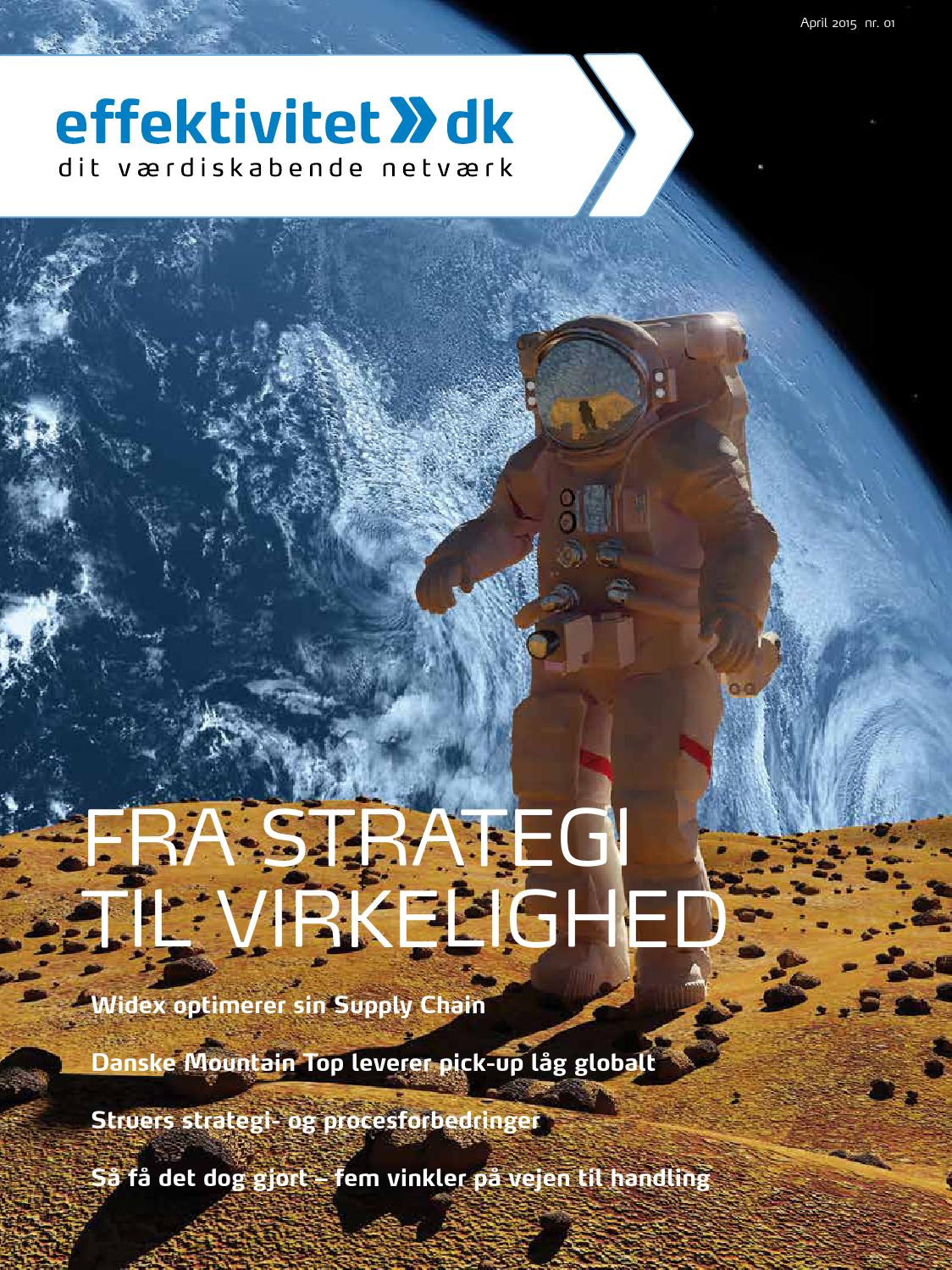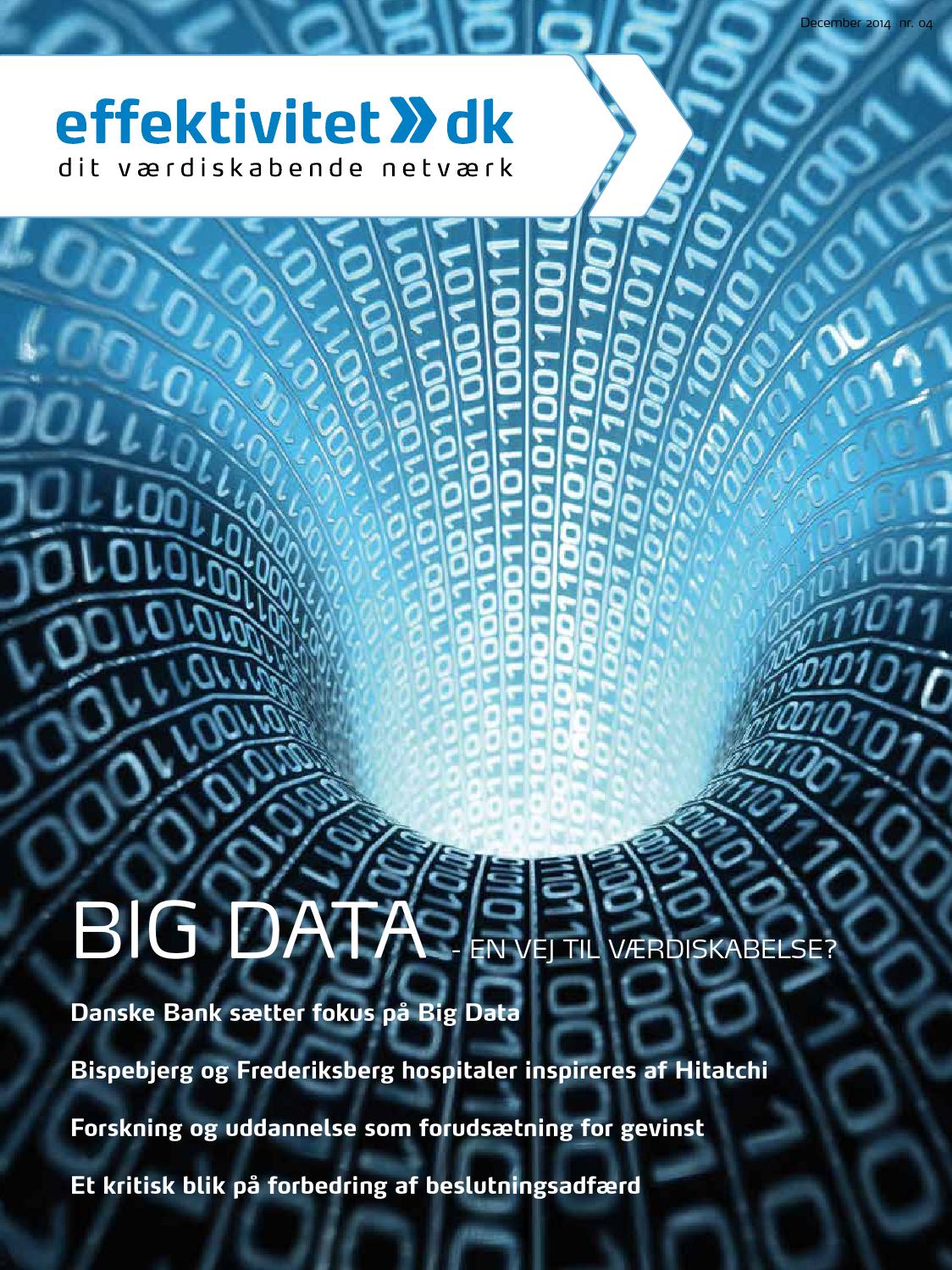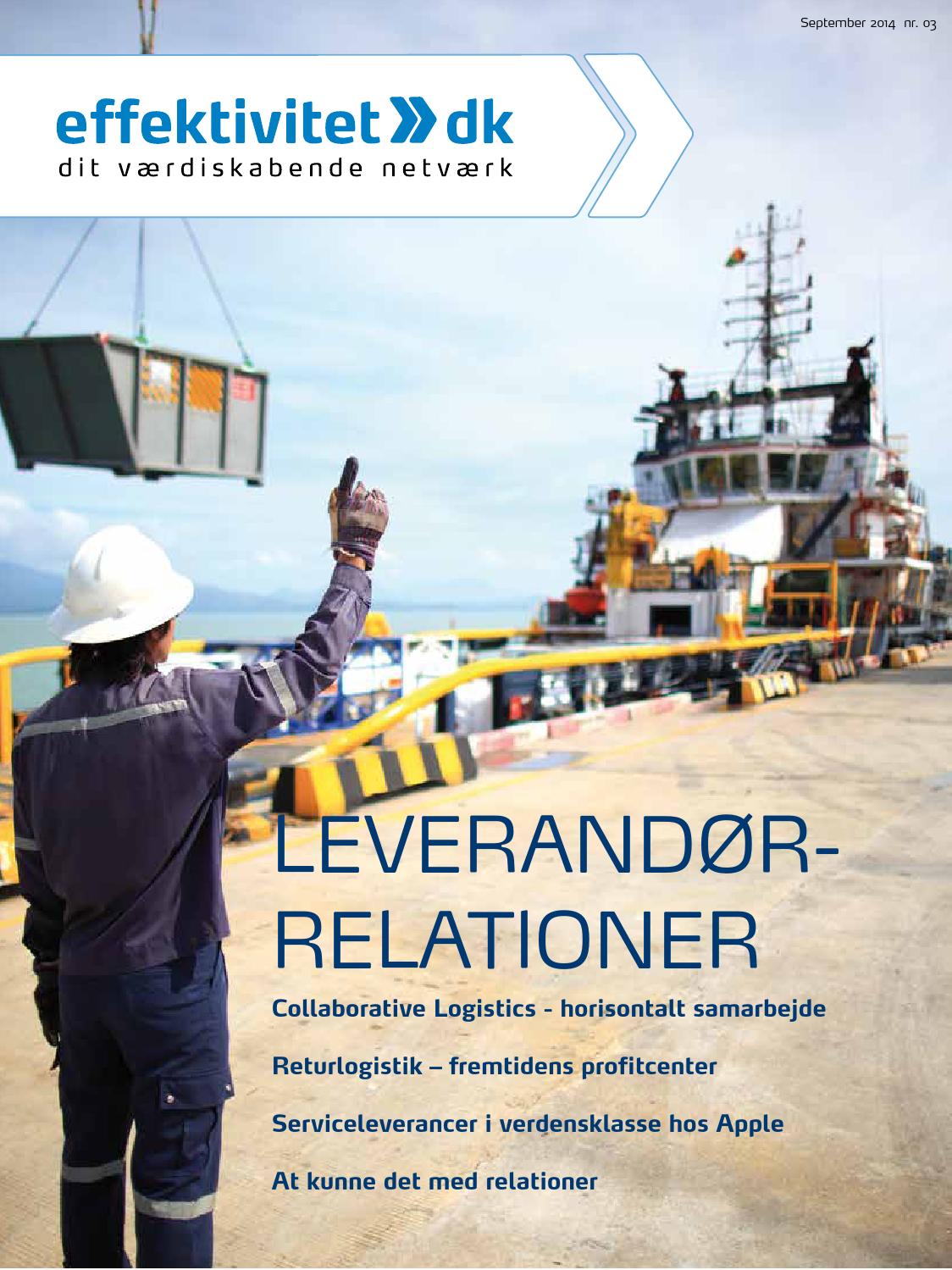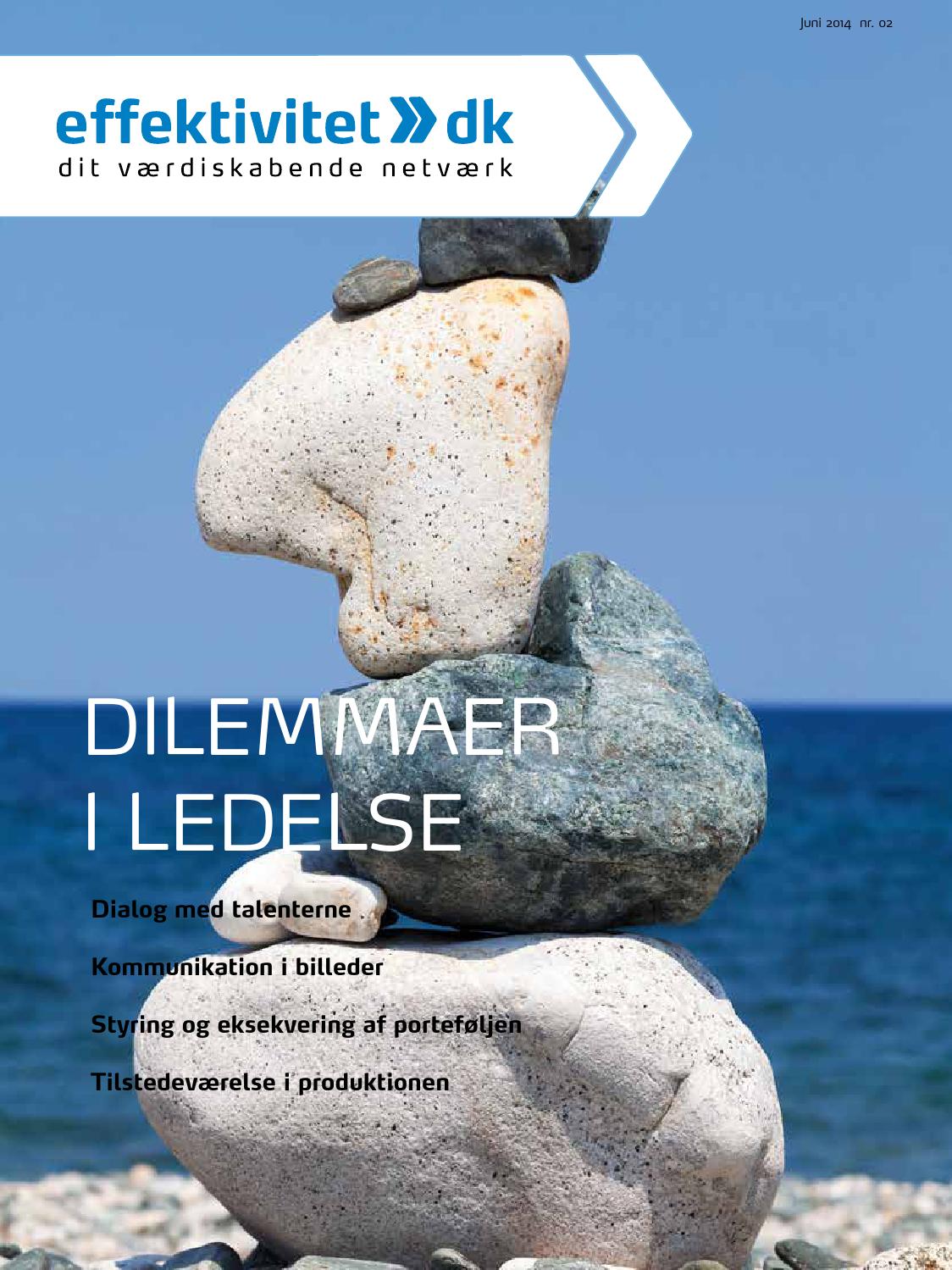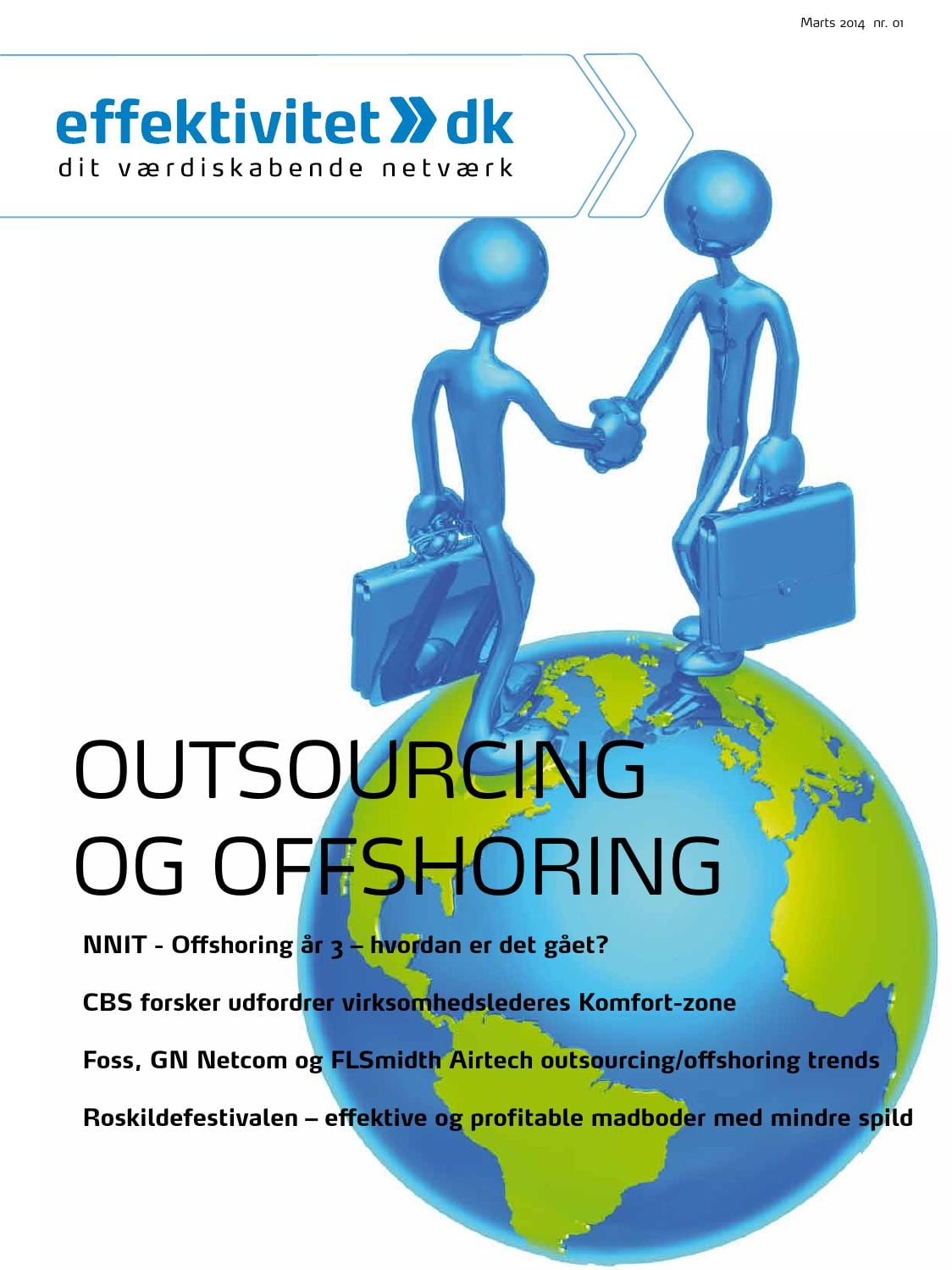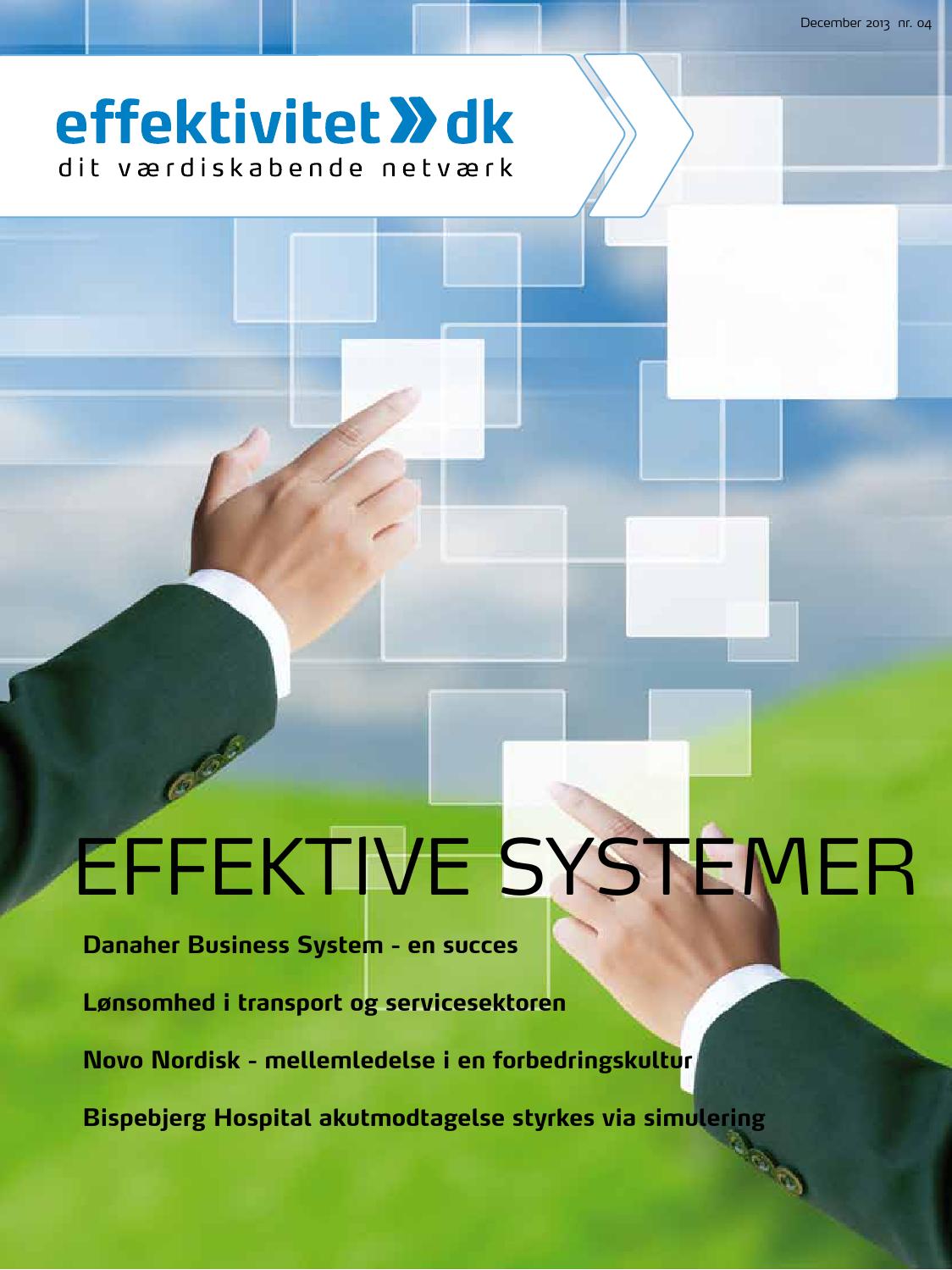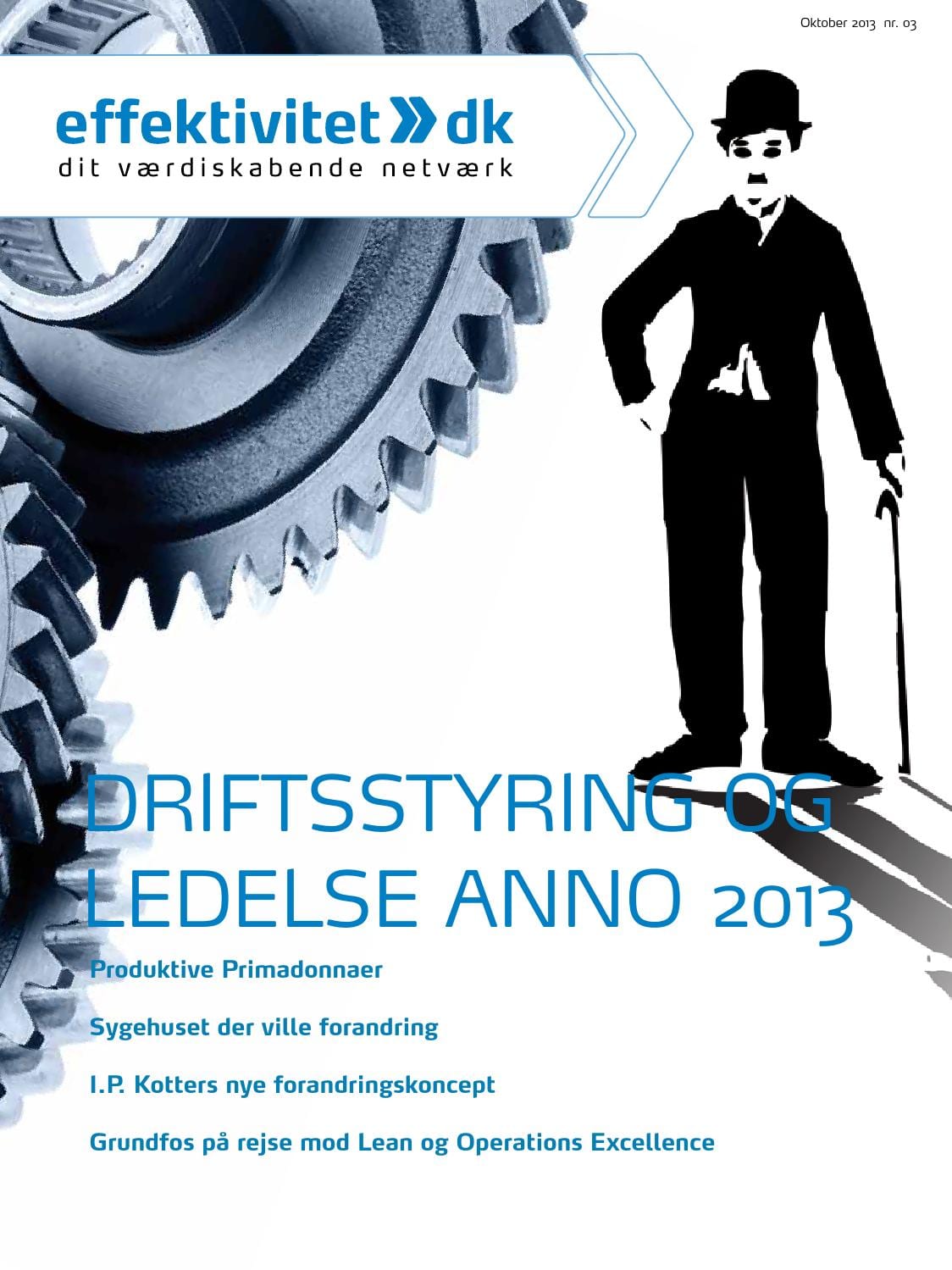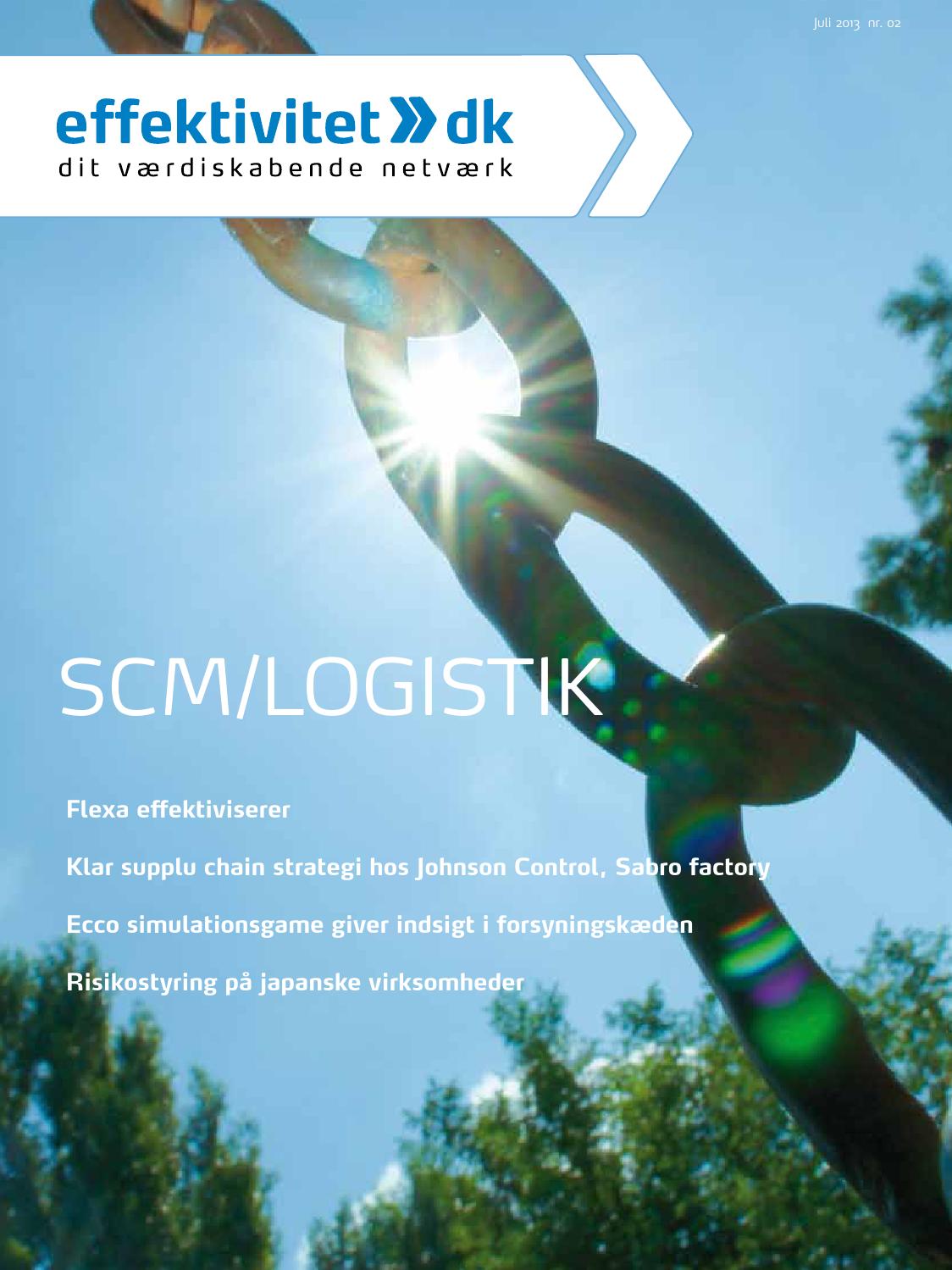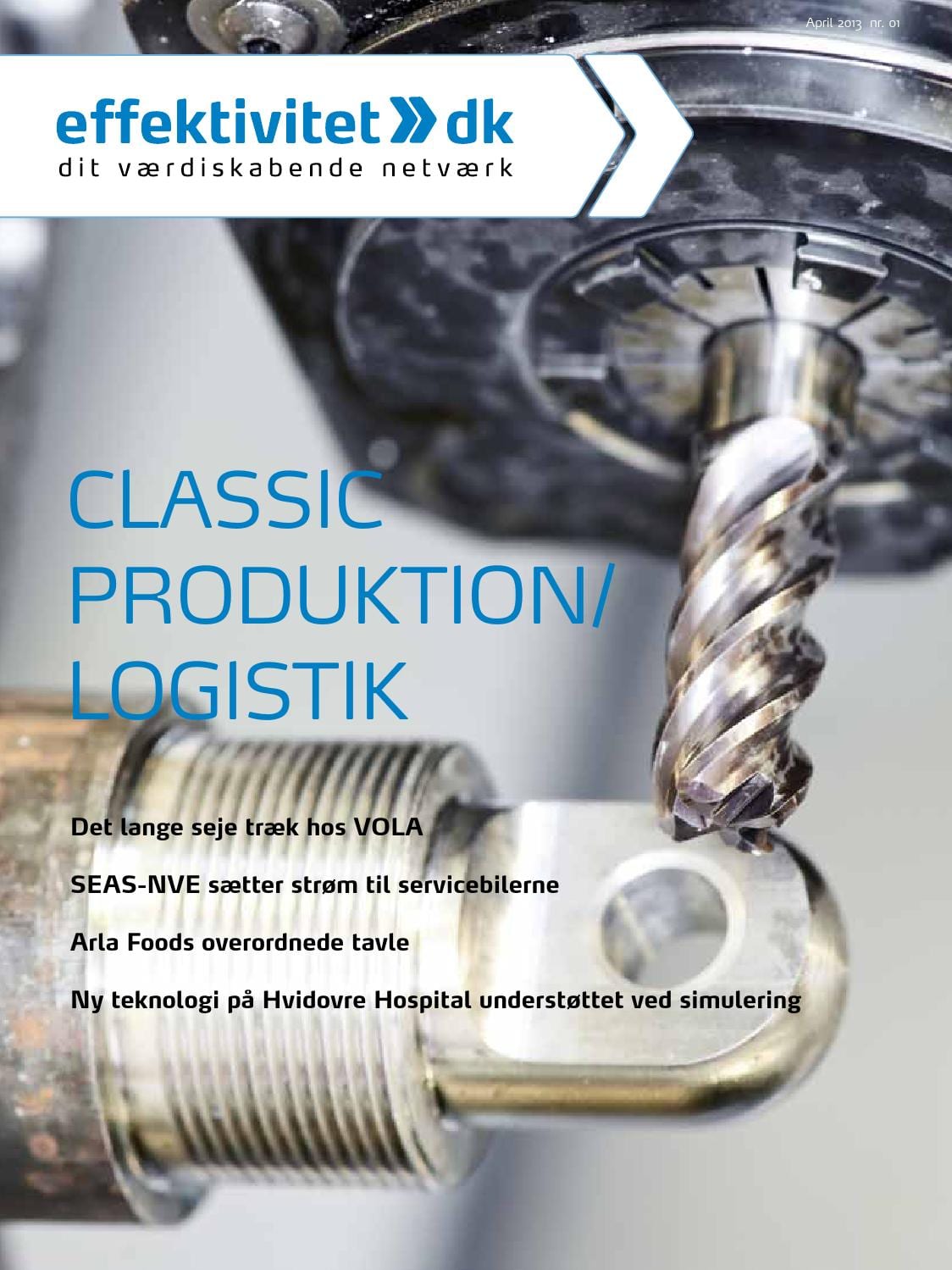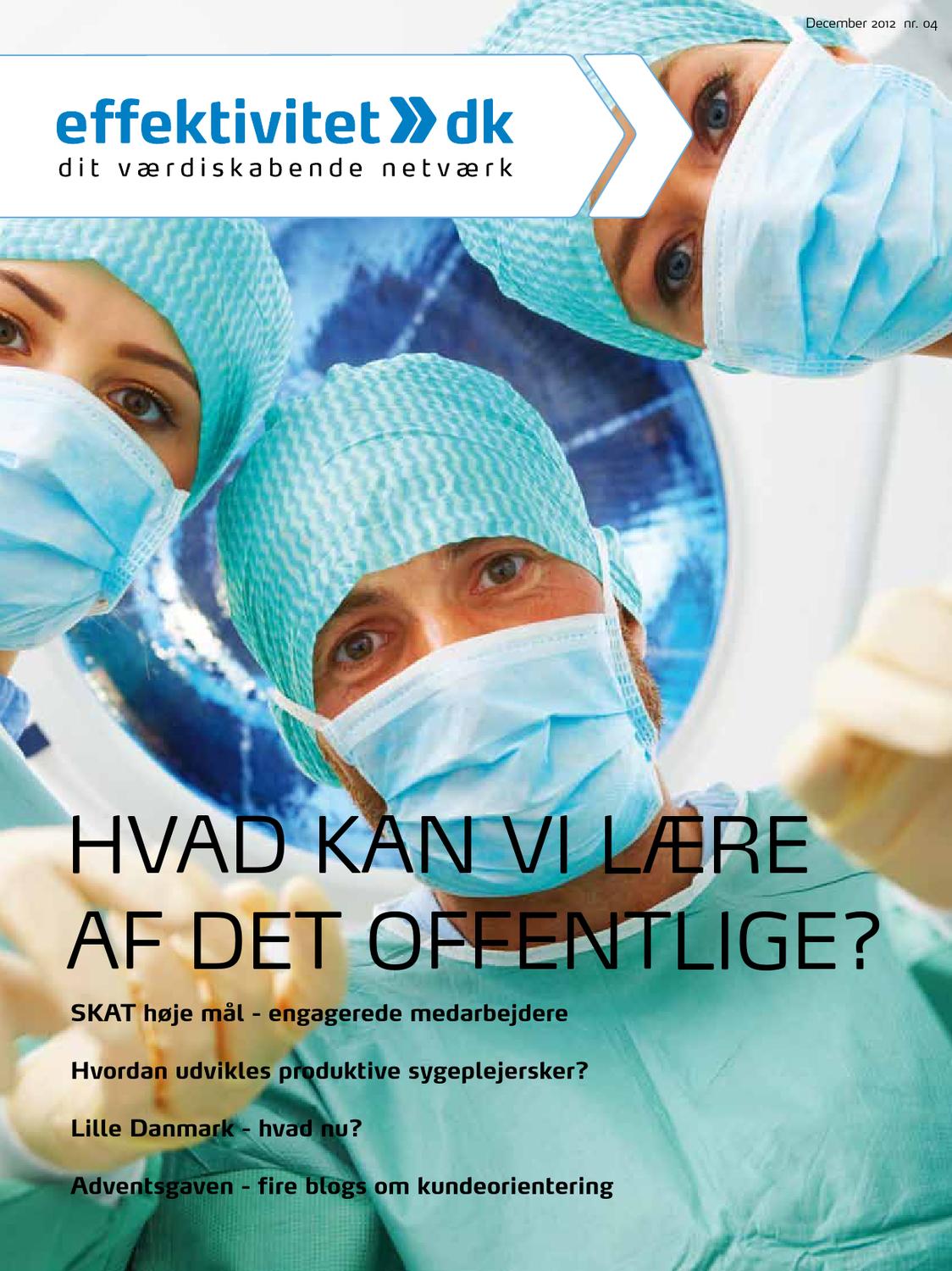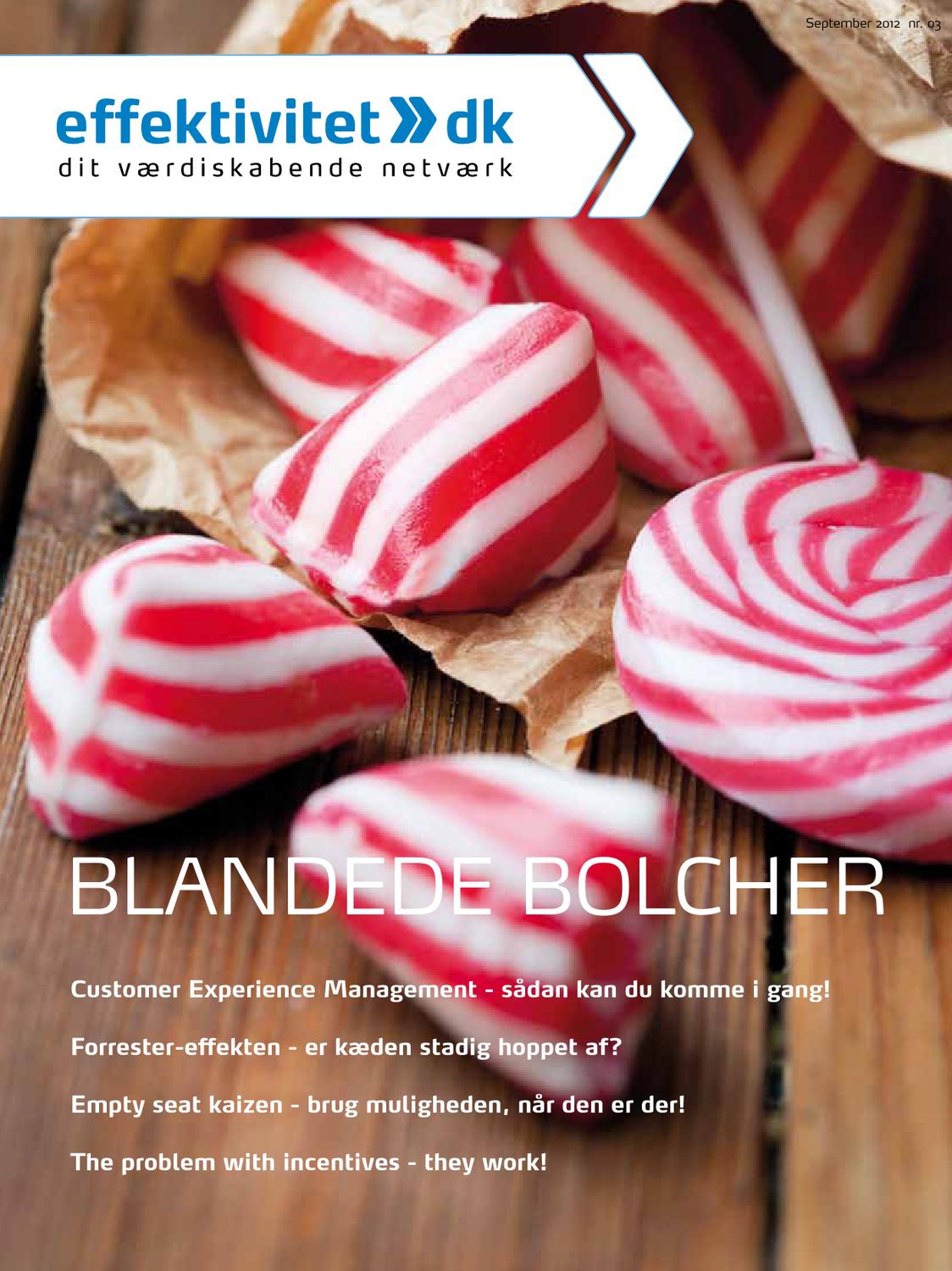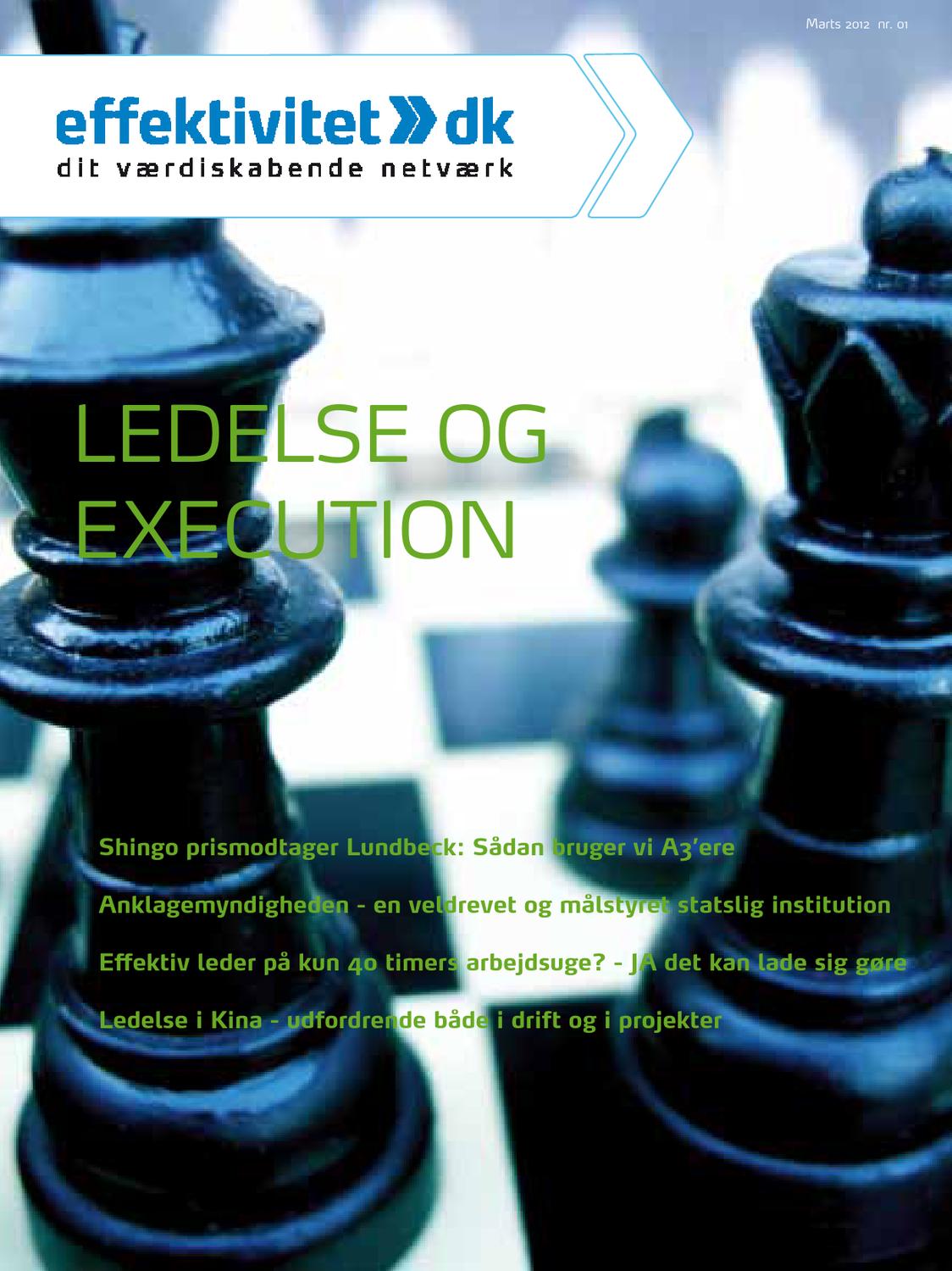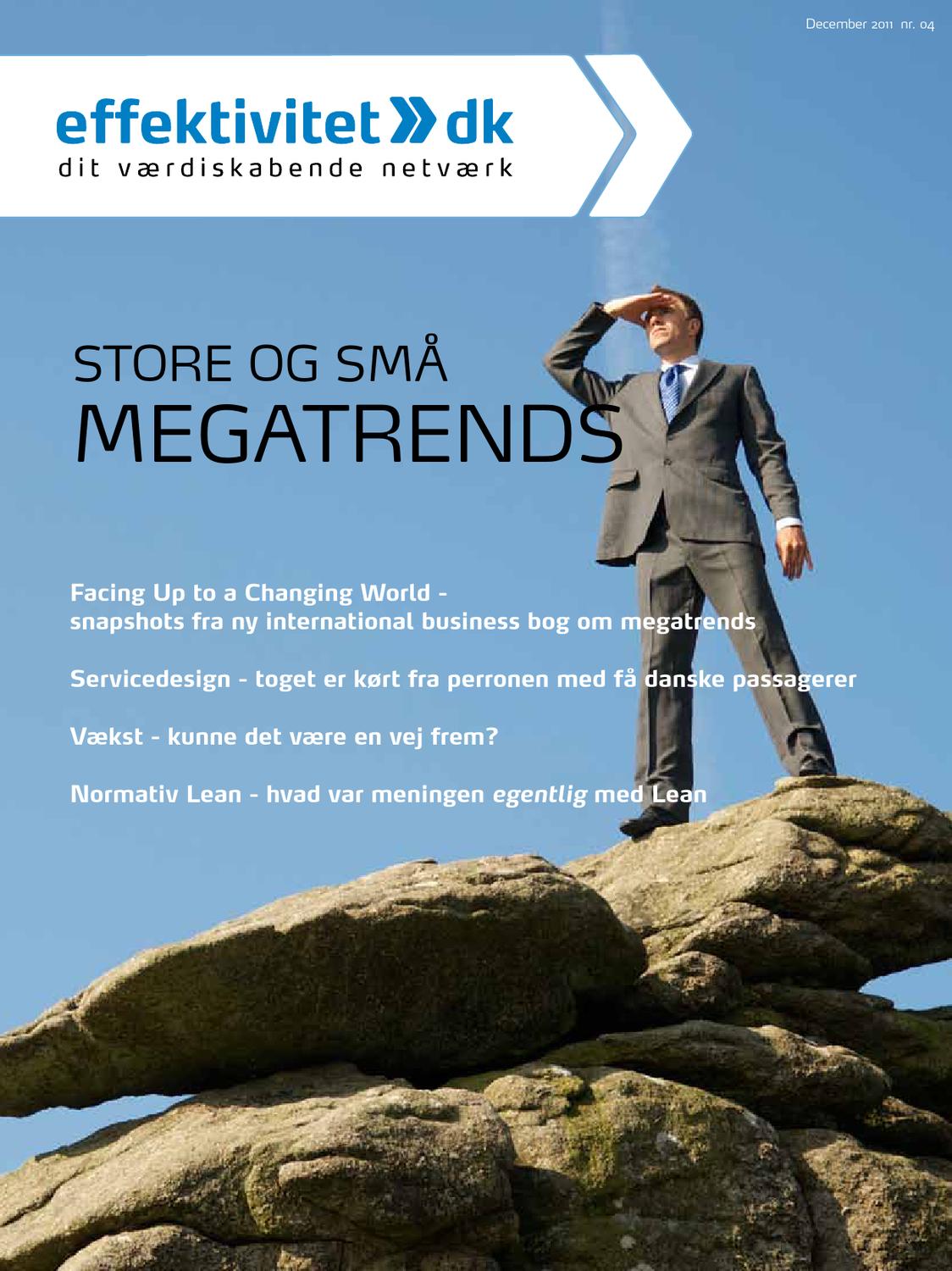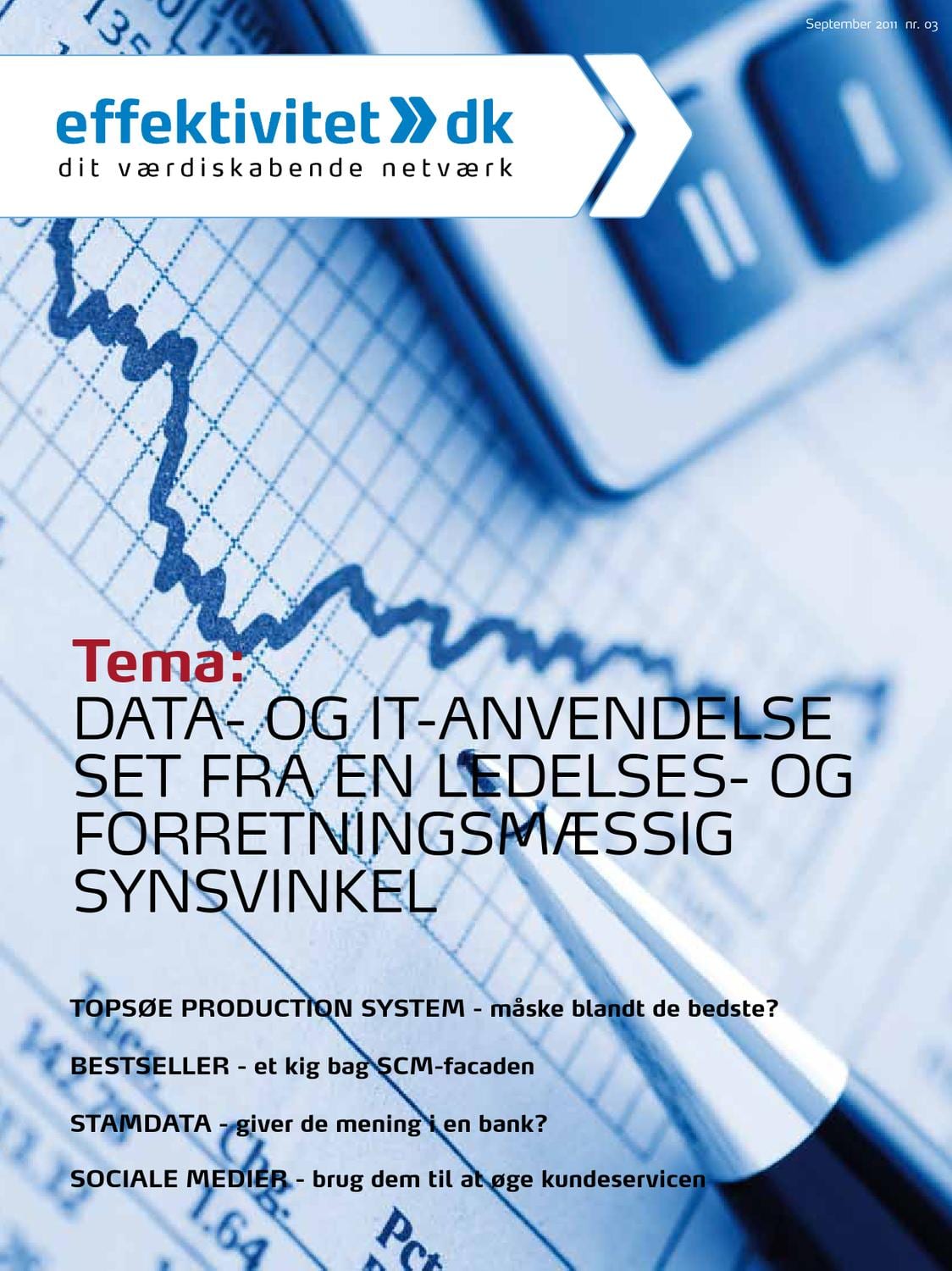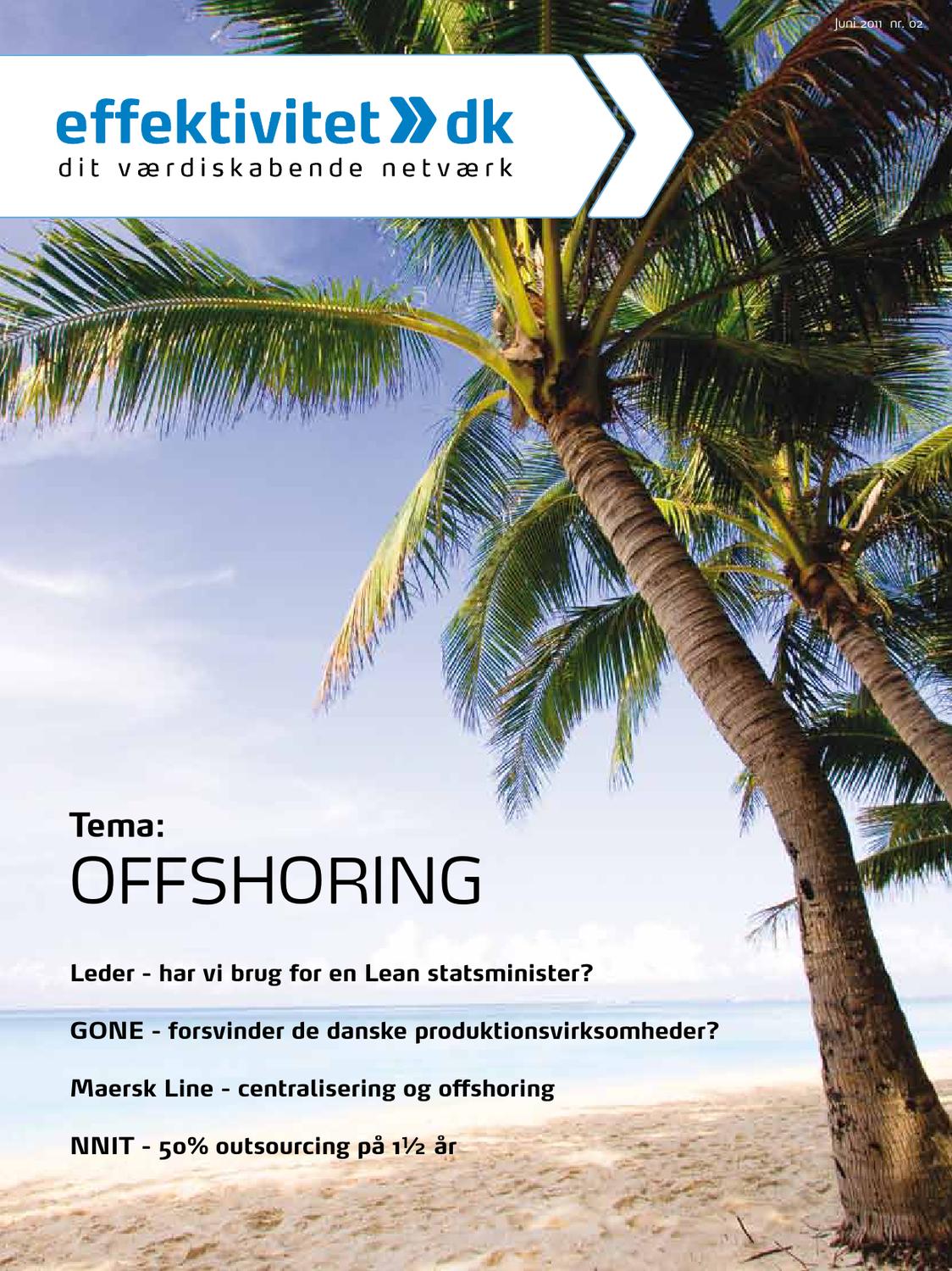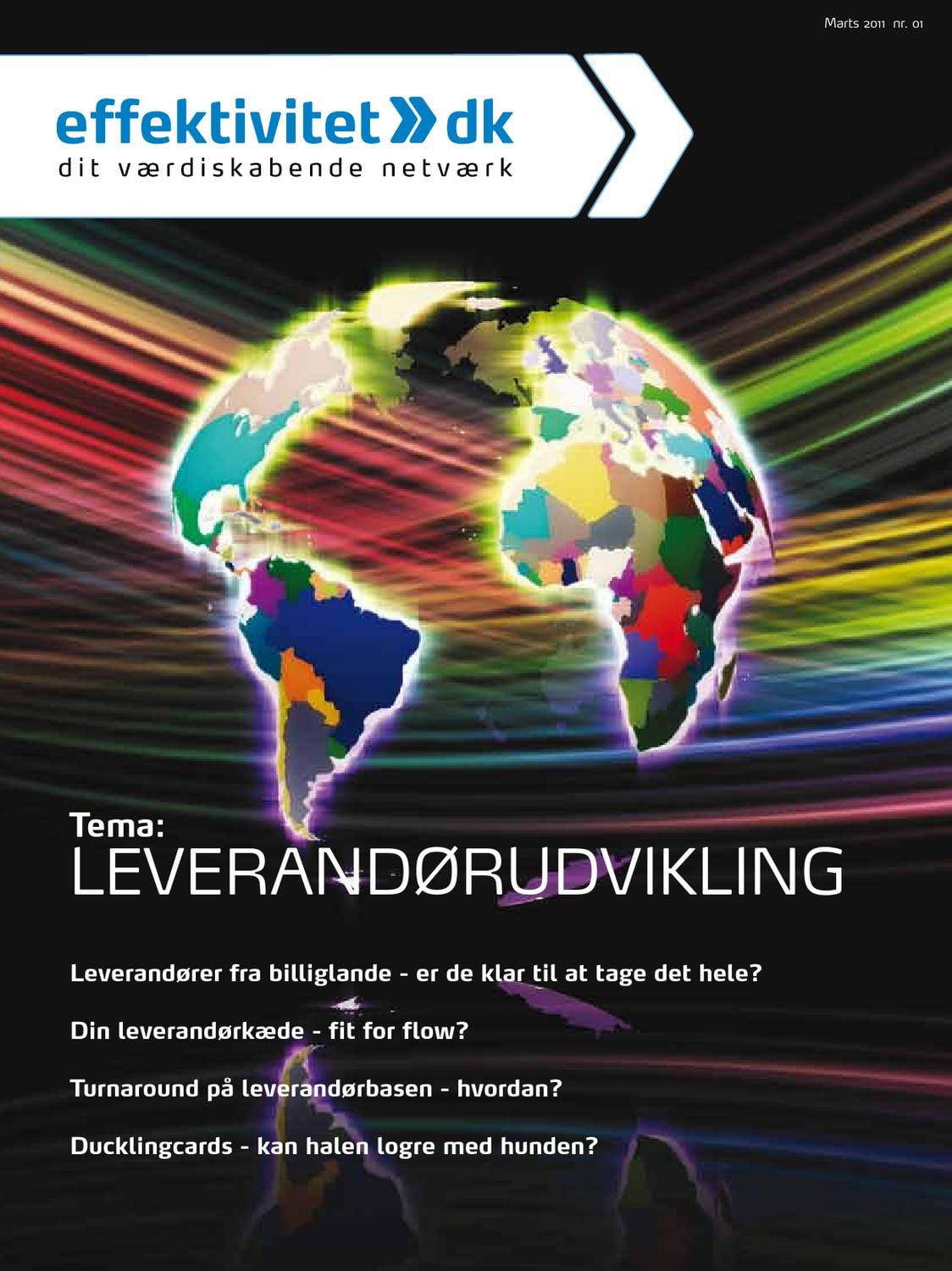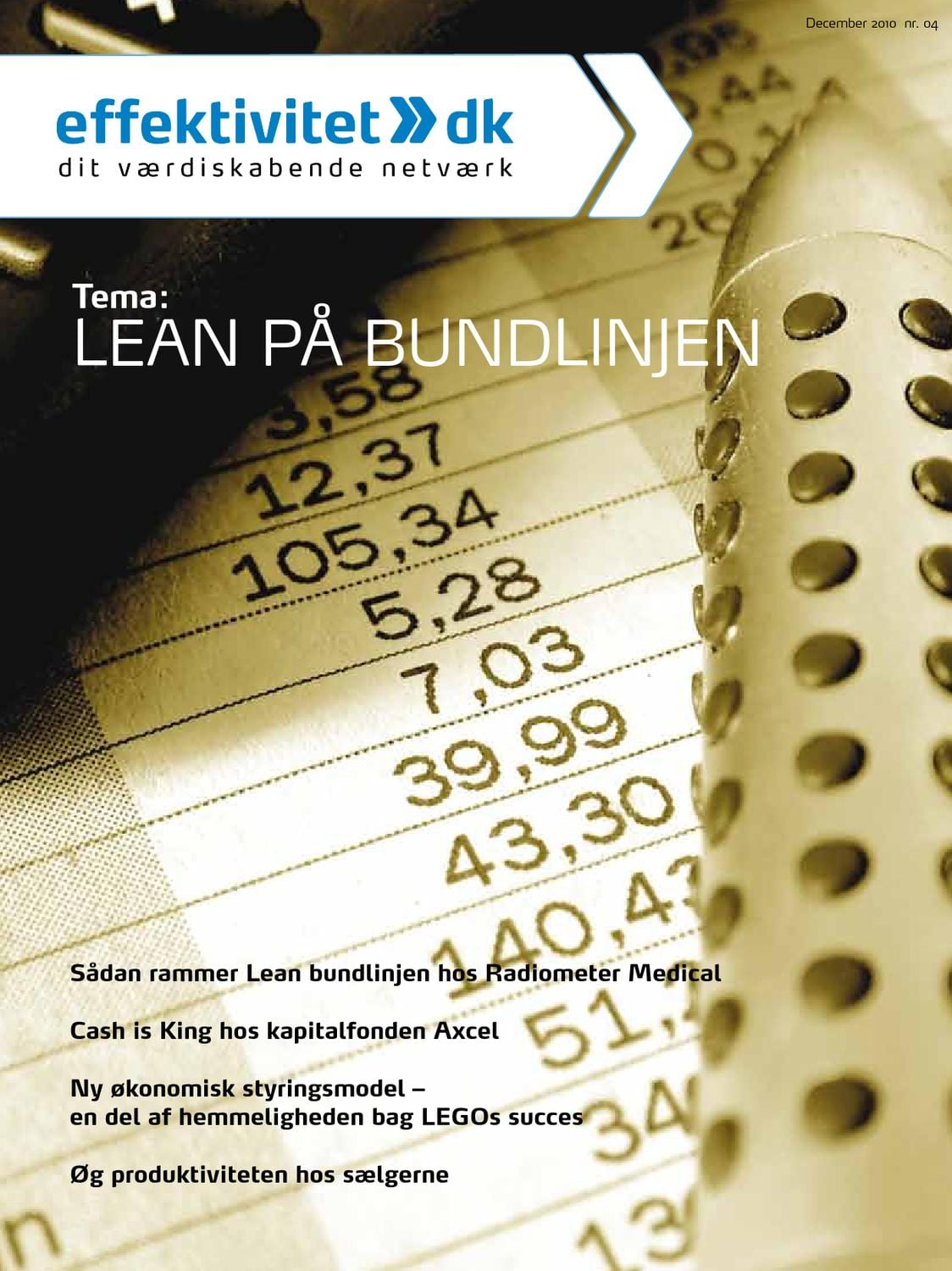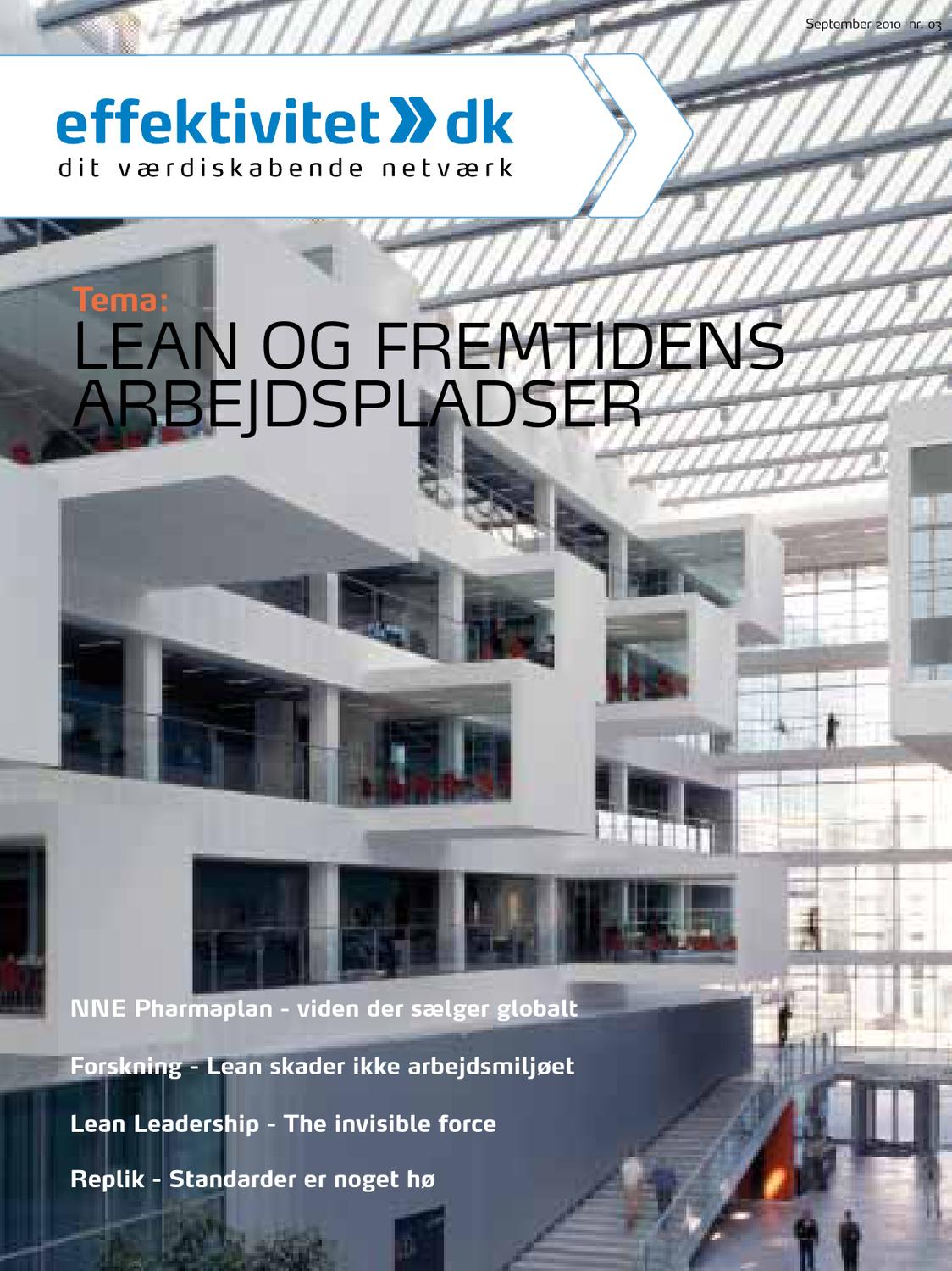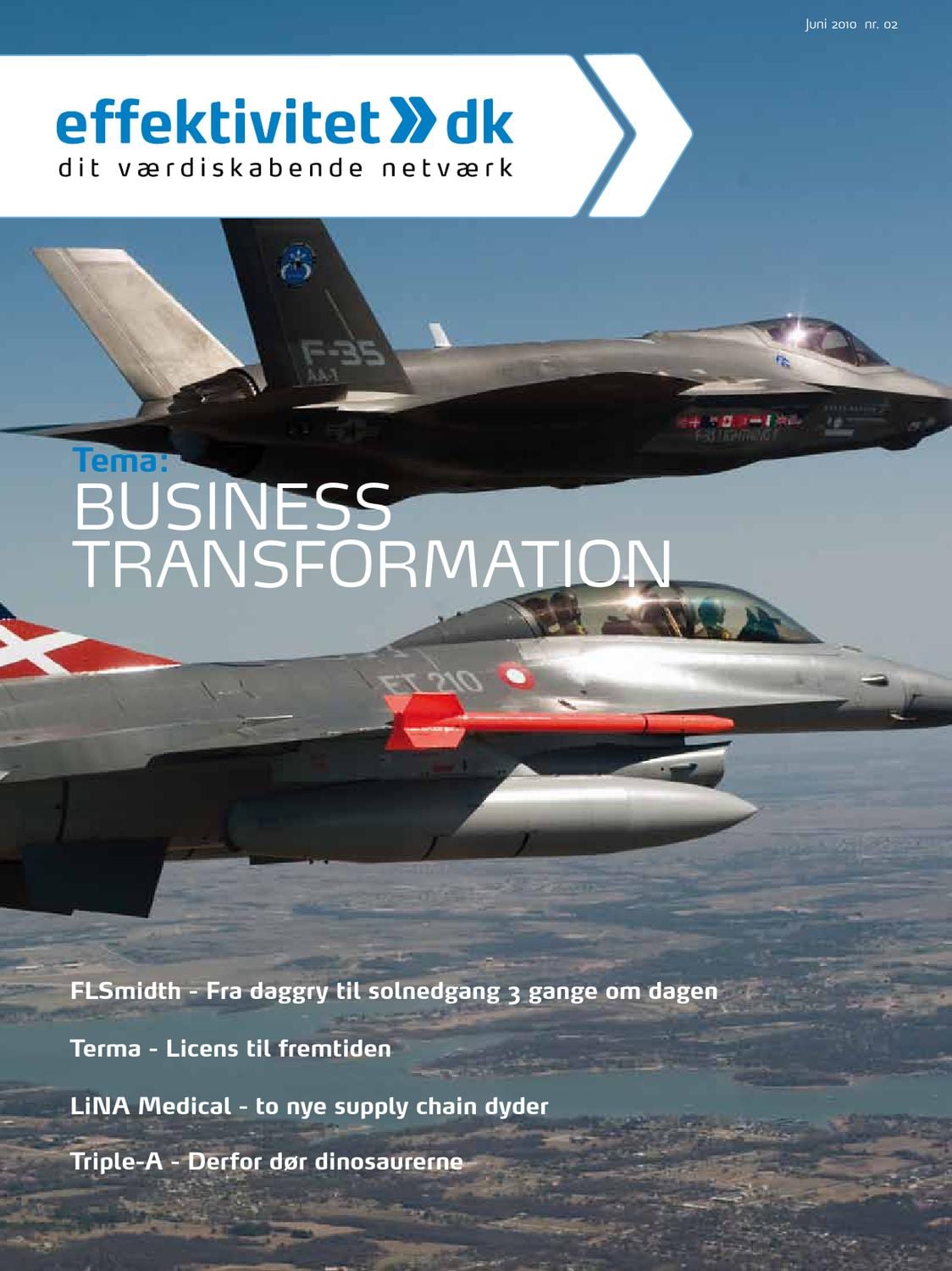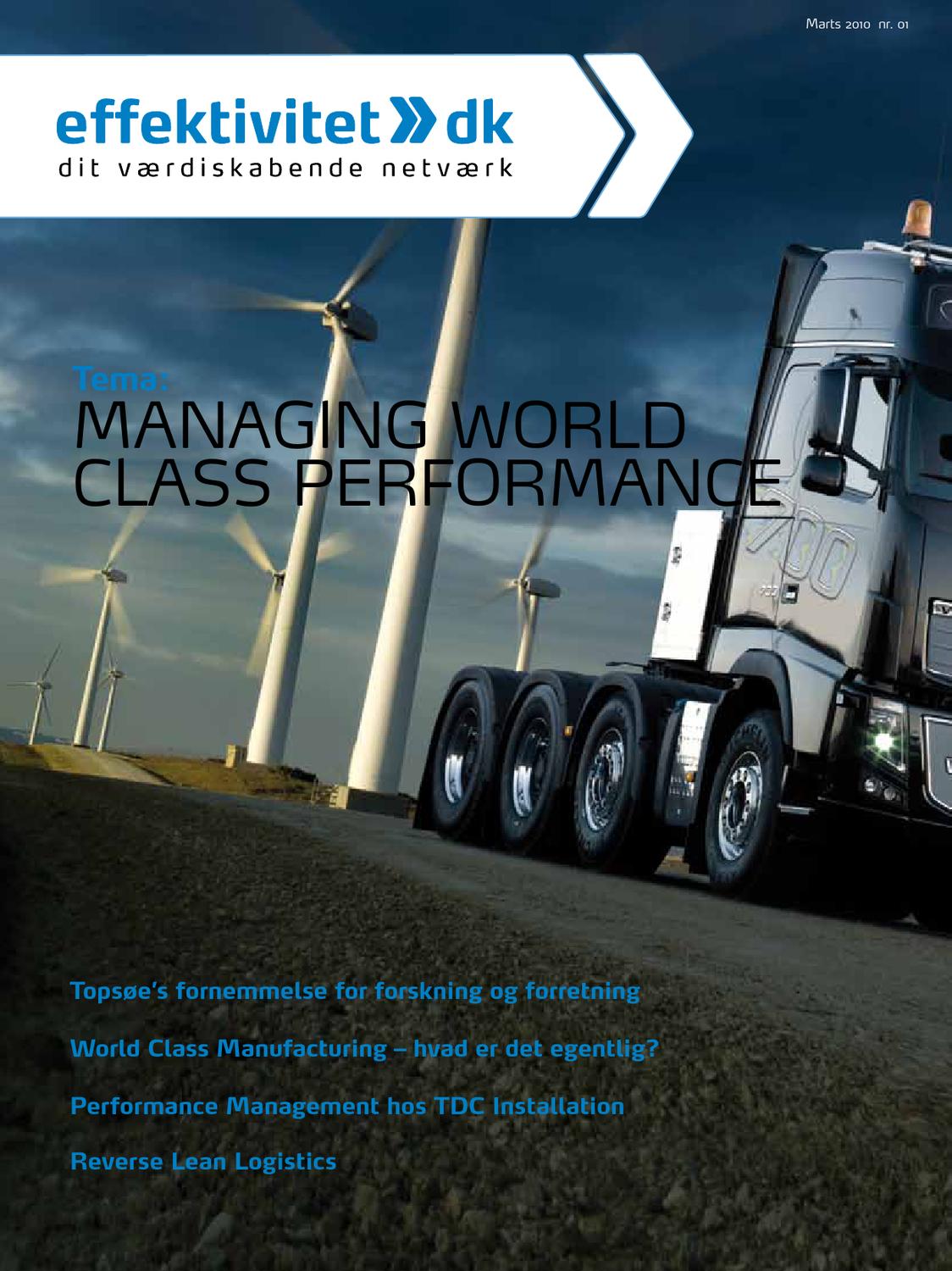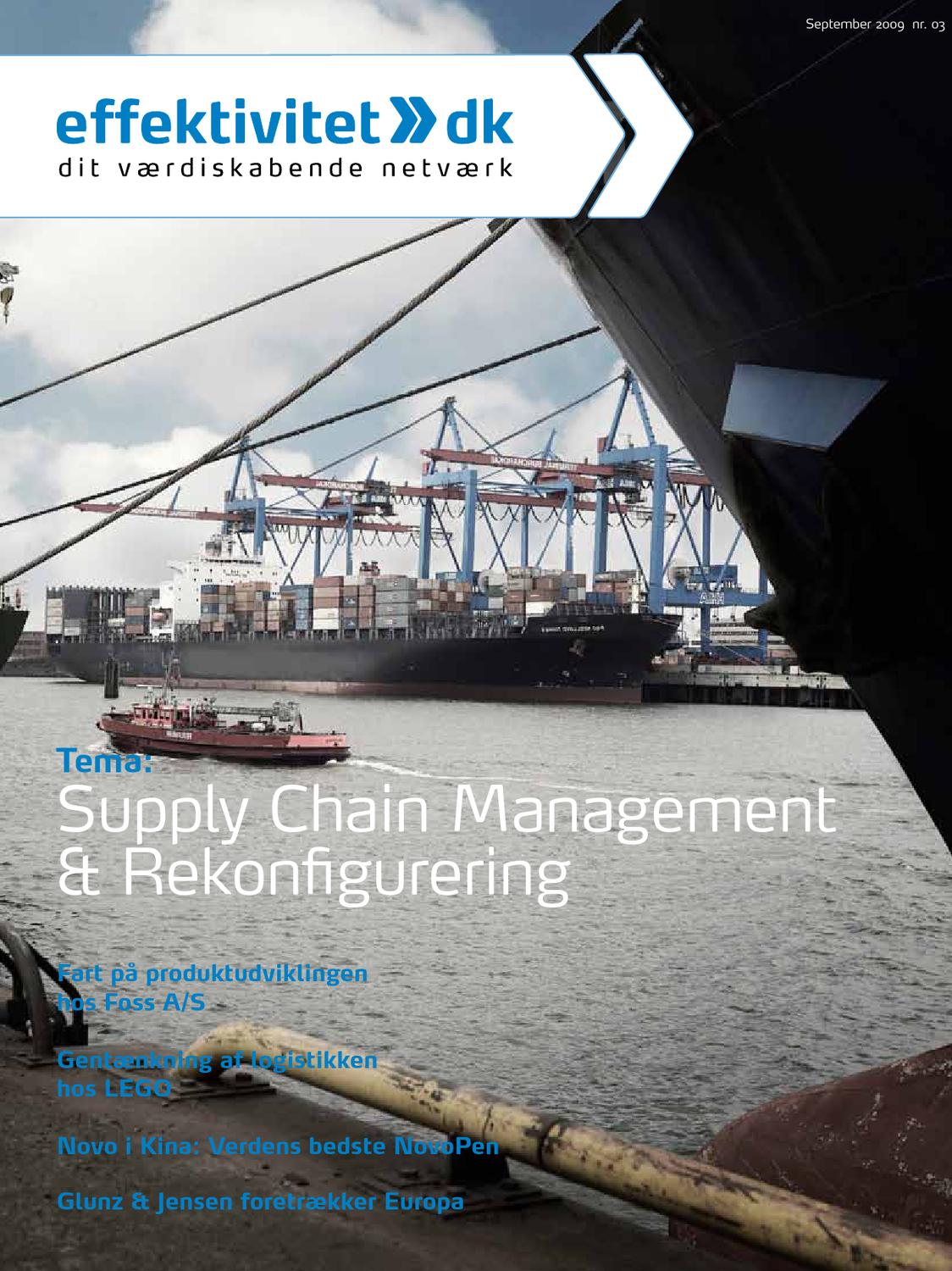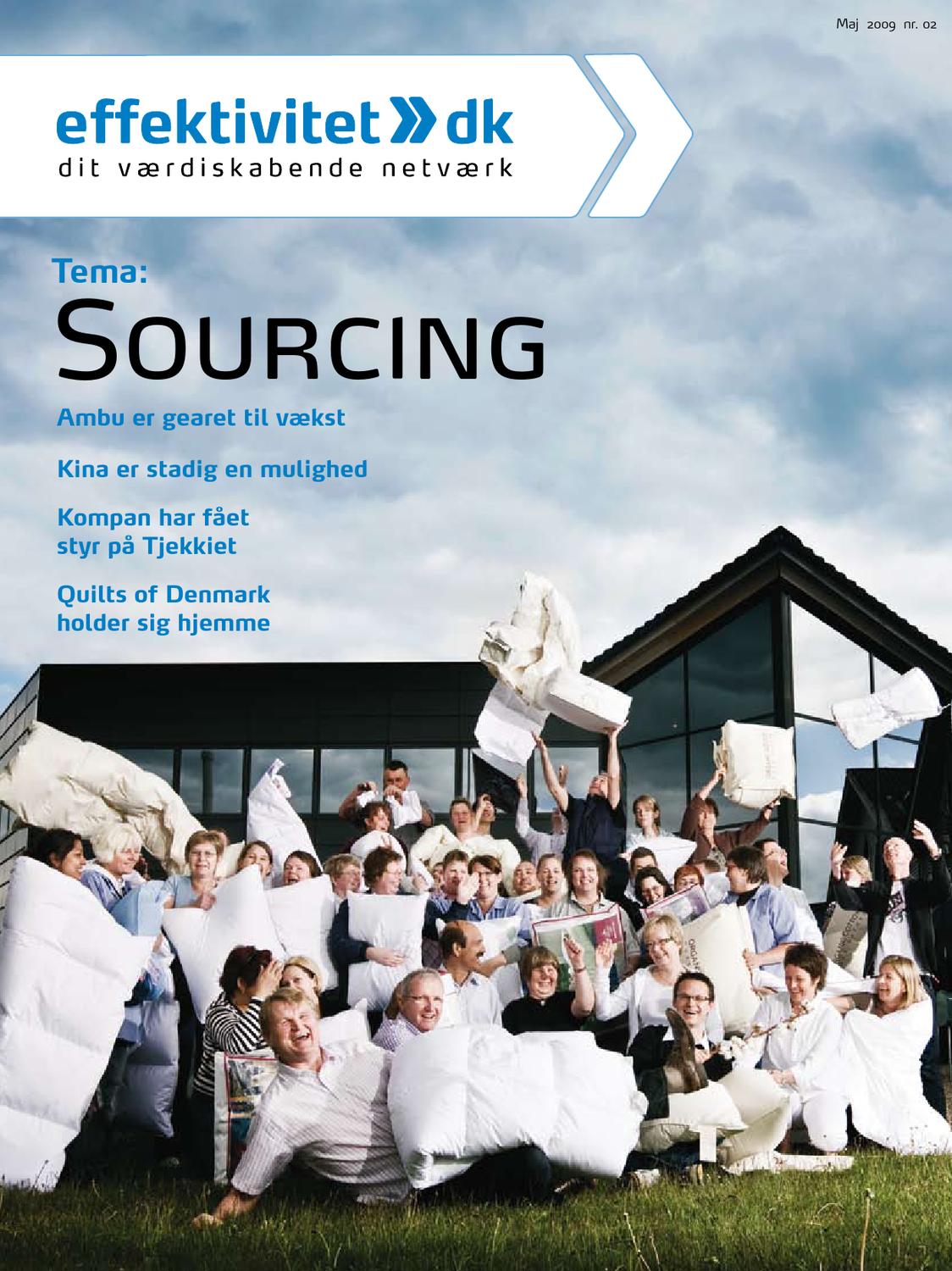Over the past two years, the world has experienced limitations in trade flow, delaying orders such as computers, kitchens appliances, cars etc.[i] The disruptions and weaknesses in supply chains, which became clear during the COVID-19 pandemic, continue to affect global economies and daily life worldwide, underlining the relevance of increased academic focus within the field. The relevance of identifying and mitigating supply chain risks has never been more applicable. Therefore, the need for a future workforce trained in the competencies to build stronger and more resilient operations, both within the supply chain and logistics, has greatly increased.[ii]
The tri-continental programme GLOBAL Supply Chain & Logistics Management (GLOBAL SCLM) between Copenhagen Business School (CBS), the University of British Columbia – Sauder School of Business, and the Chinese University of Hong Kong-Shenzhen campus aims to contribute to the demand for supply chain professionals. Since its foundation in 2016, each university annually selects 15 talented students, creating a global cohort of 45 ambitious students from three continents.[iii] The collaboration fosters an environment with a steep-learning curve and multicultural perspective regarding operational, logistical, and supply chain related issues.
The programme covers courses such as Supply Chain Risk Management, Managing Innovation in China, Data Visualization and Business Analytics, and Current and Regional Issues in Supply Chain and Logistics Management taught by renowned professors providing crucial insights to the enormous difficulties that global trade faces. While spending the semester at each university, the students encounter operational activities within the region. For example, while attending the first semester of the programme at CBS, the cohort visited Kühne Logistics University in Hamburg where valuable knowledge was gained on operations within Northern Europe’s largest port.
Mandatory Courses
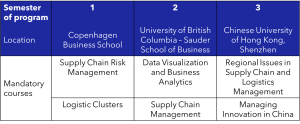
The table shows the mandatory courses of the GLOBAL SCLM programme, though the students also have 2-3 electives at each semester.
Study trip to Hamburg
Nothing better reflects the internationality of the GLOBAL SCLM programme than the study trip to Hamburg. Here the cohort was introduced to industry professionals and the iconic port infrastructure of Hamburg. The study trip featured lectures from professors Hanno Friedrich and Michele Acciaro, as well as Hamburger Hafen und Logistik AG’s Maxim Neiser. They discussed port management, container terminal operation and future trends in these areas.
Co-organized by KLU and Technische Universität Hamburg, a multi-role acting business game that simulates the import and export process consolidated students’ understanding of international logistics. From freight forwarder to terminal management and warehousing, the gamification facilitated learning the function of each role in logistics and led to reflection on how the process could be optimized based on certain KPIs.
Another conducive experience was the visit to Airbus in Hamburg, where the cohort witnessed the integration of a production process and its supporting supply chain. Entrepreneurship and start-ups in the logistics industry was in focus the last day of the trip. The cohort was honored to hear a panel discussion given by experts and entrepreneurs from Hapag-Lloyd, Kuehne+Nagel, VTG, and InstaFreight, about the trend of digitalization, ocean freight market, and European in-land transportation market have developed.
Batch Vi
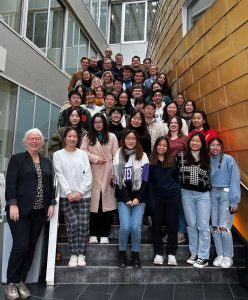
The batch VI cohort at Kuehne Logistics University in Hamburg.
Students and Companies Linking
Another part of the GLOBAL SCLM programme is a Meet and Greet event, which was held on the 25th of November 2021 at CBS. It was facilitated through the network of Professor Britta Gammelgaard, the academic lead of the programme at CBS. The goal of the event was to connect the GLOBAL SCLM students with the visiting companies counting among AP Møller – Maersk, Saveggy, Hello Fresh and Chr. Olesen as well as to present hot supply chain & logistics management topics in Greater Copenhagen. The event was launched by a company introduction to Saveggy, a start-up developing a substitute for plastic as packaging material for vegetables, presented by entrepreneur Dr. Vahid Sohrabpour. After a well-received presentation, the students and the visiting companies had the chance to meet and converse, enabling for potential new connections between the students and the pertinent companies to be made. Hello Fresh concluded the event with a compelling presentation about sustainable supply chains in food deliveries by Katelijne Berx, Nordic Packaging Category Management and Sustainability Lead. The guiding principle of the company is that by offering pre-portioned meal plans and delivering only the exact ingredients needed, food waste in households is reduced.
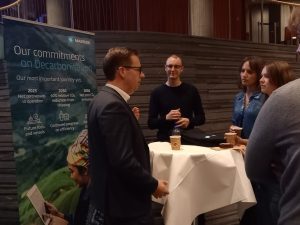
Meet & Greet conversation
Representing AP Møller – Maersk, Henrik Bruun-Pedersen, Head of IT Technology Procurement, and Niels Derouin, Student Assistant, attended the event with expectations to potentially source new talent and strengthen their links to CBS. With a general shortage of people with relevant academia, Maersk found them in a general paucity of qualified applicants. In addition, Bruun-Pedersen expressed the following, “The ability to retain and to keep people is crucial”, indicating that the industry lacks adequate academic backgrounds to replace leaving employees. As GLOBAL SCLM is one of few sources of education within supply chain and logistics, it provides the industry with a number of highly demanded and skilled people. Therefore, GLOBAL SCLM programme may be perceived as the infusion between the aspiring students and the surging demand for specialized supply chain professionals.
Our View on Sustainability & Entrepreneurship
Innovation and entrepreneurship within supply chain management are among the topics that are covered extensively in the programme.
The programme goes into depth about the digital transformation and the opportunities it presents. The move towards big data-driven forecasting has an incremental impact on supply chain risk management and allows for otherwise overlooked trends to be identified and addressed.[iv] Experiencing the vastly automated container handling and electricity driven AGVs in the CTA terminal in Hamburg was an eye-opening experience. It beautifully displayed how innovation can foster greater efficiency and push the green agenda in ports. During the exchange to CUHK-Shenzhen, the programme offers a course on innovation in China to further students’ understanding of how innovation is changing supply chain management today.
Both in lectures and as a part of networking with companies, entrepreneurship and start-ups are discussed. New platforms and IT-services seeking to both disrupt and sustain are being provided by logistics start-ups – all this in an industry where start-ups are receiving increasing amounts of funding, especially in China.[v] The formation of innovative start-ups is also supported by incubator organisations in logistics clusters such as PortTechLA in the port of Los Angeles.[vi] During the Hamburg study trip, we had the great pleasure of hearing Thorsten Reichel from Instafreight share his insights from establishing a start-up focused on digitized logistics services. For certain, GLOBAL SCLM will encourage participating students to address current and future issues in innovative ways.
Today, as students enter the industry, sustainability is one of the most important challenges to be tackled within supply chains. Furthermore, sustainability related to our natural environment has become increasingly relevant to businesses, governments, and society. Businesses today must contribute to positive environmental change both to limit global warming and to maintain competitiveness. As a result, students must be taught the best methods to drive this change as we enter the workforce. GLOBAL SCLM prioritizes sustainability by designing our programme specific classes with lessons and cases specifically related to this topic.
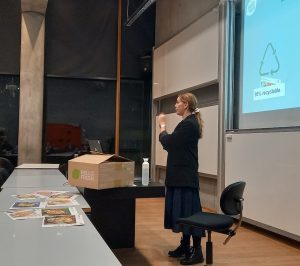
Sustainability Lead of Hello Fresh in the Nordics, Katelijne Berx, explains
the company’s approach to sustainable food chains.
In addition to this year’s Meet and Greet event with sustainable food supply chains on the agenda, we completed a course titled Supply Chain Risk Management this past semester. One section of the course was taught by Associate Professor Dr. Andreas Wieland, it focused specifically on sustainability in supply chains. Wieland writes in his article Dancing the Supply Chain that “In fact, it is neither possible nor desirable to interpret the supply chain as an isolated system that can be separated from its environment”.[vii] This sentiment was at the very core of our three consecutive classes in Supply Chain Risk Management concerning sustainability. Wieland lectured about the dangers surrounding the rapidly warming climate and introduced us to the data that supports those findings. He also showed us how the global supply chain is currently contributing to some of the largest problems in sustainability: loss of biodiversity and CO2 emissions.
GLOBAL SCLM has addressed the seriousness of these environmental problems by giving students the opportunity to study how these issues relate to supply chains, and to explore the body of academic research surrounding sustainability in supply chains. The entrepreneurial mind-set encouraged at CBS combined with the exposure to new ideas relating to supply chain sustainability has fostered a mind-set of positive change that will continue to grow as the programme progresses in Vancouver and then Shenzhen.
The Future of Global SCLM Students
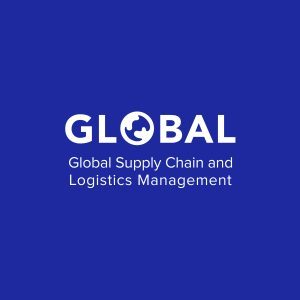
The logo of the GLOBAL SCLM programme
The Global Supply Chain and Logistics Management programme empowers its students not only within its relevant courses, but also with an international network and cultural understanding. It is a stepping stone into Supply Chain and Logistics, in addition its teachings prepares the students for many other branches of business administration. We have reached out to Emilie, a CBS student from Batch III, and asked How has participating in GSCLM benefited your professional career? And where are you working currently?
She answered:
I currently work at a consultancy called Basico as a Junior Consultant in their Finance IT services, while pursuing my master’s degree in Finance and Accounting at CBS. Although I do not work within supply chain or logistics, the programme accelerated my career within business analytics and provided me with a very specific and in-demand skill set resulting in a significant advantage over my peers in the later job search.
As a final remark, Global SCLM is indeed an elite programme that has a clear focus on educating the next generation of business administrators with an in-demand skill set for solving problems in an ever-changing world.
 Author: Christian Chun Qi Husum Kolby
Author: Christian Chun Qi Husum Kolby
He is a Danish student of CBS. With an ardently interest in finance, he applied for the programme to deepen his understanding of the interconnectivity between the global supply chains and the financial markets. Facilitates networking within the cohort and was part of the intro committee. E-mail: chko20ab@student.cbs.dk
 Author: Christian Præstholm Eilertsen
Author: Christian Præstholm Eilertsen
He is a Danish student of CBS. As a top student of the BSc. in International Shipping and Trade, he strived for a more holistic view of supply chain and logistics. Day-to-day, most coordination, information sharing, and issues between the cohort and CBS is handled by him. E-mail: chei20ab@student.cbs.dk
 Author: Julie Klein-Ipsen
Author: Julie Klein-Ipsen
She is a Danish student of CBS. Coming from the BSc. in International Business, she saw the programme as a unique opportunity to combine her knowledge on globalization and financial markets with the relevant topic of global supply chains; currently affected by numerous disruptions, underlining the importance of the programme. E-mail: jukl20ab@student.cbs.dk
 Author: Rosa Caroline Liisborg Leschly
Author: Rosa Caroline Liisborg Leschly
She is a Danish student of CBS. She wanted to combine the BSc. in International Business with the more quantitative areas of logistics and supply chain management. She is the main driver of creating a cross-cohort alumni organisation. E-mail: role20ab@student.cbs.dk
 Author: Stuart Anthony Hambrook
Author: Stuart Anthony Hambrook
He is a Canadian student of UBC. He applied to the programme to gain an international perspective on current supply chain issues. He is particularly interested in developing long-term sustainable solutions to international business problems. E-mail: stha21ae@student.cbs.dk
 Author: Xiyue Sherry Chen
Author: Xiyue Sherry Chen
is a Chinese student of CUHK. The programme was an opportunity for her to explore the international perspective of the business world. She is passionate about the making, working of the global supply chain and wants to be a part of that. E-mail: stha21ae@student.cbs.dk
Bibliography
Bloomberg. (2021, September 3). Forget Finance. Supply-Chain Management Is the Pandemic Era’s Must-Have MBA Degree.
Bodenstab, J. (2015, March 17). The Evolution of Forecasting. From Toolsgroup:
https://www.toolsgroup.com/blog/supply-chain-innovation-the-evolution-of-forecasting/
CBS – Copenhagen Business School. (2020, April 21). Global Supply Chain and Logistics Management. https://www.cbs.dk/uddannelse/bachelor/bsc-in-international-business/global-supply-chain-and-logistics-management
McKinsey (2020, February) Startup funding in logistics – New money for an old industry? https://www.mckinsey.com/~/media/mckinsey/industries/travel%20logistics%20and%20infrastructure/our%20insights/startup%20funding%20in%20logistics/startup-funding-in-logistics-new-money-for-an-old-industry.pdf
Sheffi, Y. (2012). Logistics Clusters: Delivering Value and Driving Growth. MIT Press. http://ebookcentral.proquest.com/lib/kbhnhh-ebooks/detail.action?docID=3339501
The Economist. (2021, September 16). Why skippers aren’t scuppered. https://www.economist.com/leaders/2021/09/18/why-skippers-arent-scuppered
Wieland, A. (2020). Dancing the supply chain: Toward Transformative Supply Chain Management. Journal of Supply Chain Management, 57(1), 58–73. https://doi.org/10.1111/jscm.12248
[i] The Economist. (2021, September 16). Why skippers aren’t scuppered. https://www.economist.com/leaders/2021/09/18/why-skippers-arent-scuppered
[ii] Bloomberg. (2021, September 3). Forget Finance. Supply-Chain Management Is the Pandemic Era’s Must-Have MBA Degree.
[iii] CBS – Copenhagen Business School. (2020, April 21). Global Supply Chain and Logistics Management. https://www.cbs.dk/uddannelse/bachelor/bsc-in-international-business/global-supply-chain-and-logistics-management
[iv] Bodenstab, J. (2015, March 17). The Evolution of Forecasting. From Toolsgroup:
https://www.toolsgroup.com/blog/supply-chain-innovation-the-evolution-of-forecasting/
[v] McKinsey (2020, February) Startup funding in logistics – New money for an old industry? https://www.mckinsey.com/~/media/mckinsey/industries/travel%20logistics%20and%20infrastructure/our%20insights/startup%20funding%20in%20logistics/startup-funding-in-logistics-new-money-for-an-old-industry.pdf
[vi] Sheffi, Y. (2012). Logistics Clusters: Delivering Value and Driving Growth. MIT Press. p. 251. http://ebookcentral.proquest.com/lib/kbhnhh-ebooks/detail.action?docID=3339501
[vii] Wieland, A. (2020). Dancing the supply chain: Toward Transformative Supply Chain Management. Journal of Supply Chain Management, 57(1), 58–73, p. 60. https://doi.org/10.1111/jscm.12248


